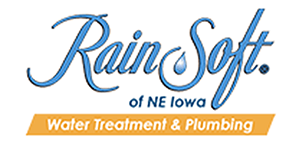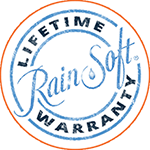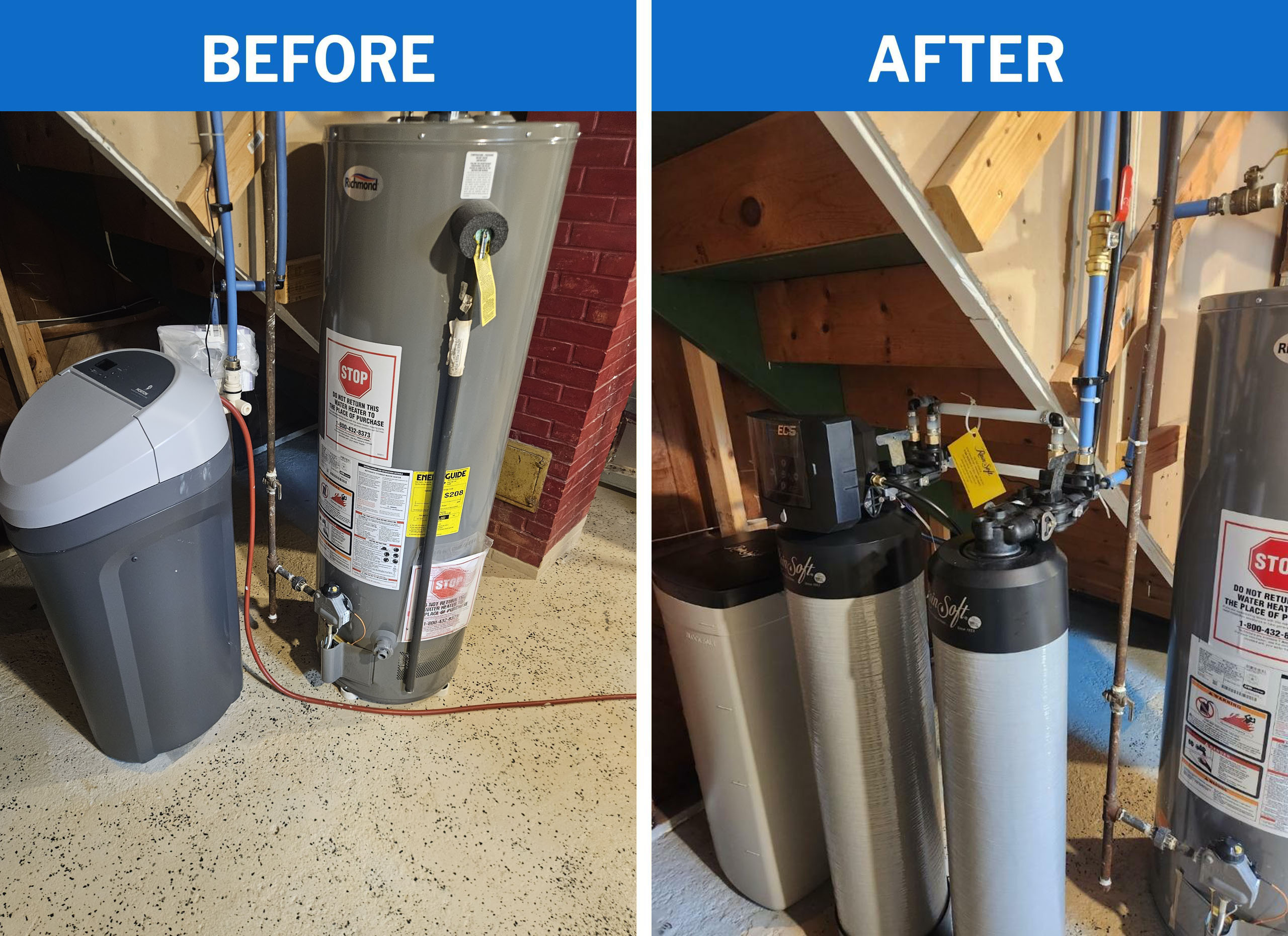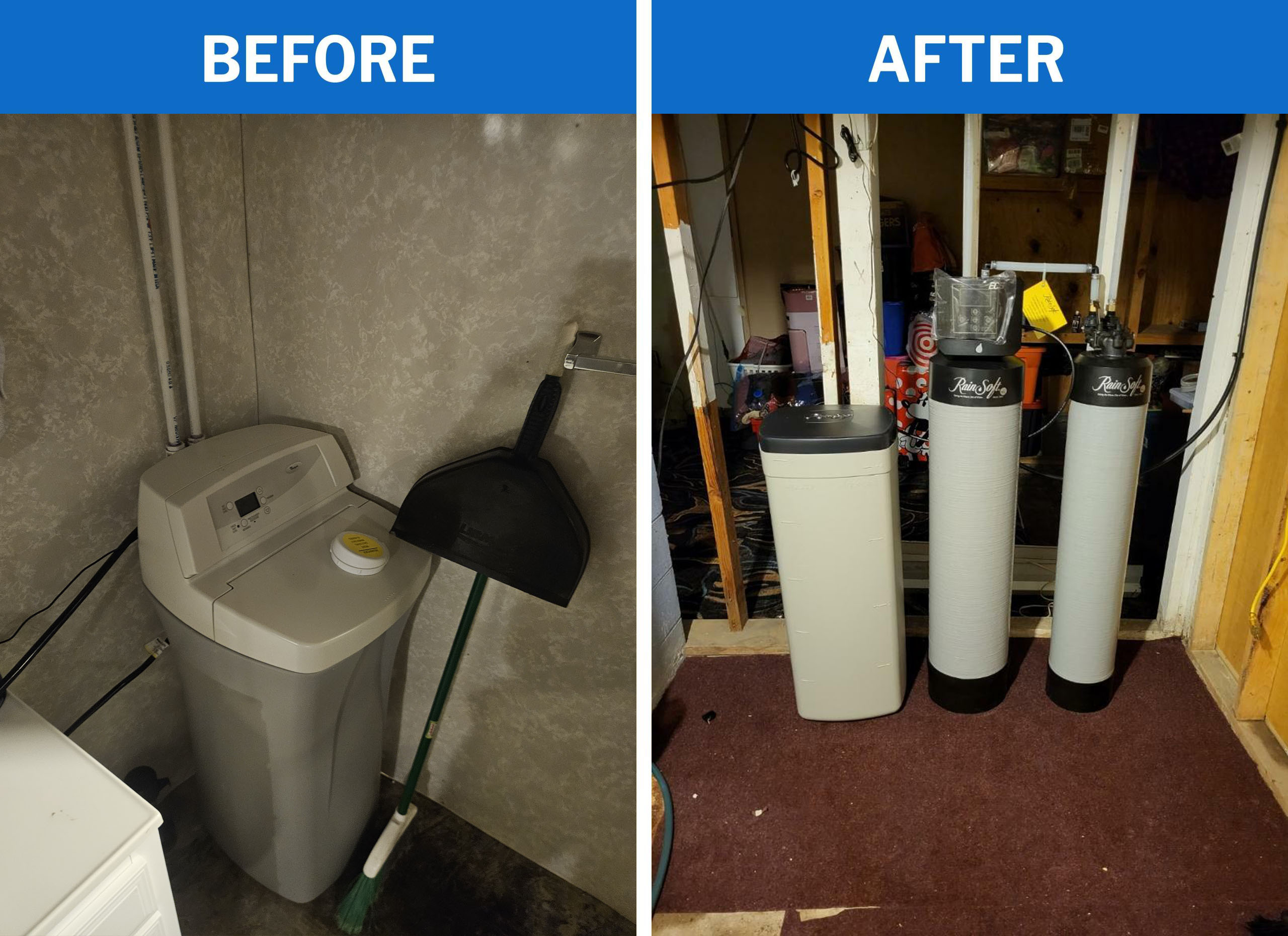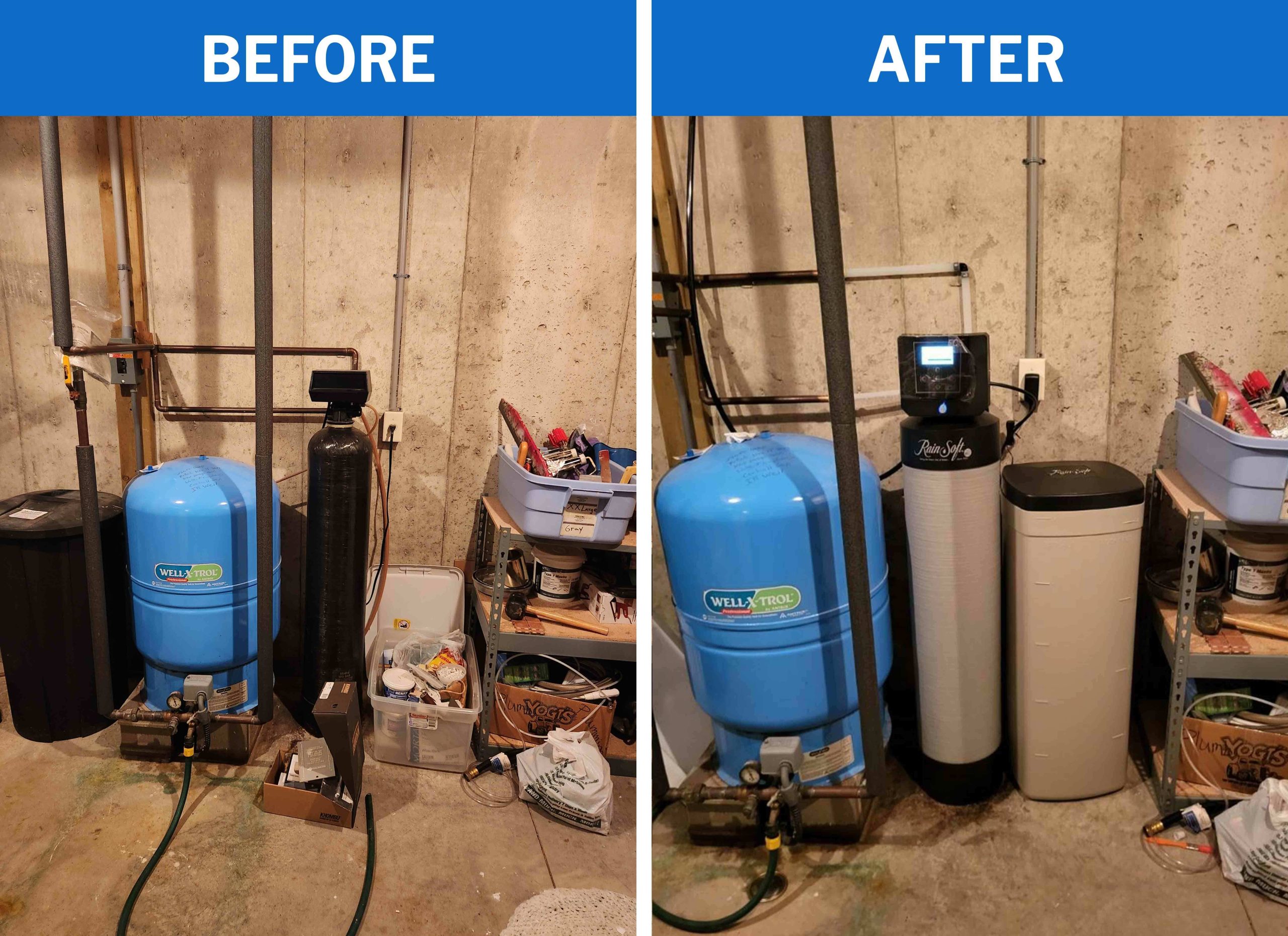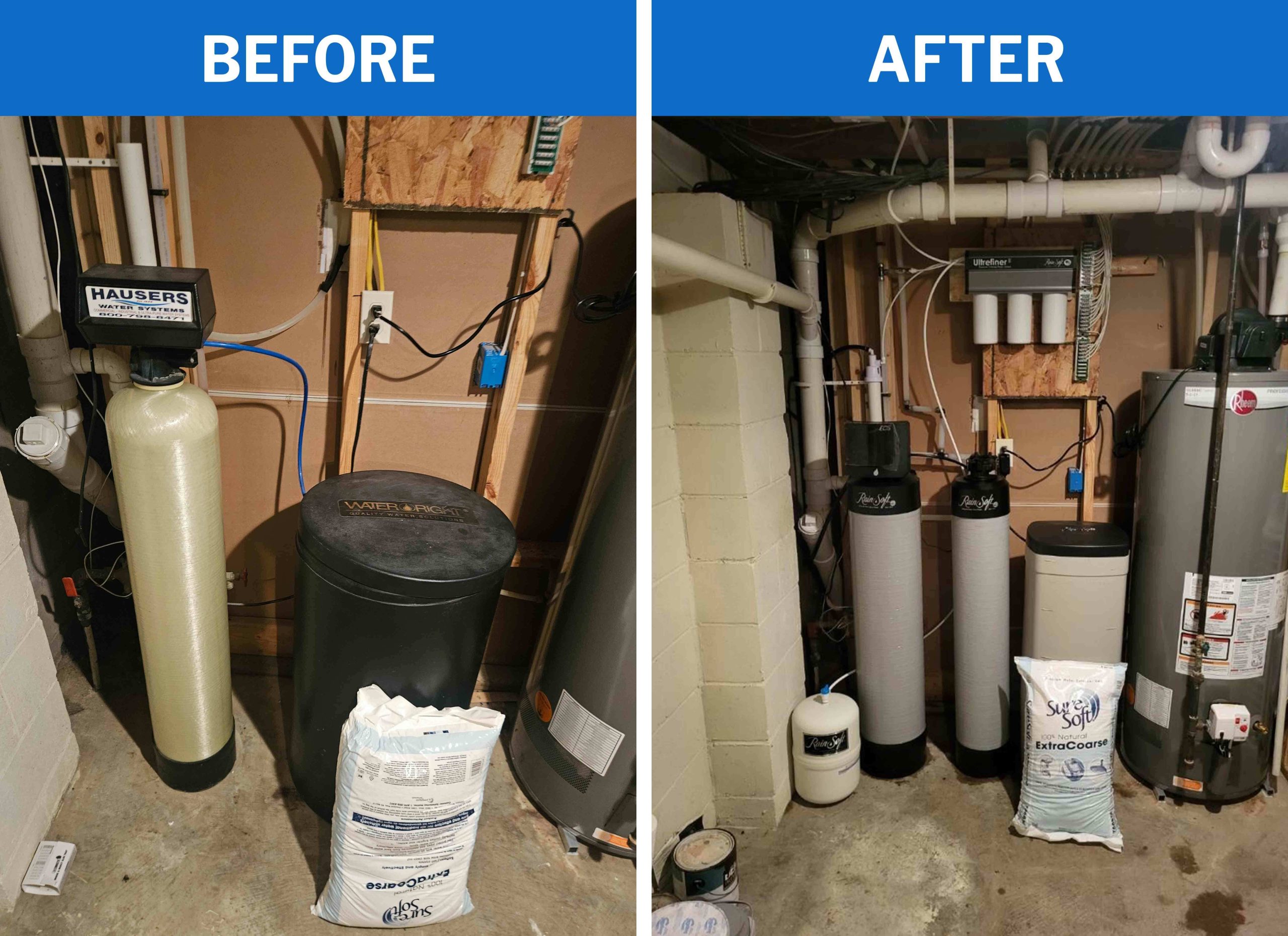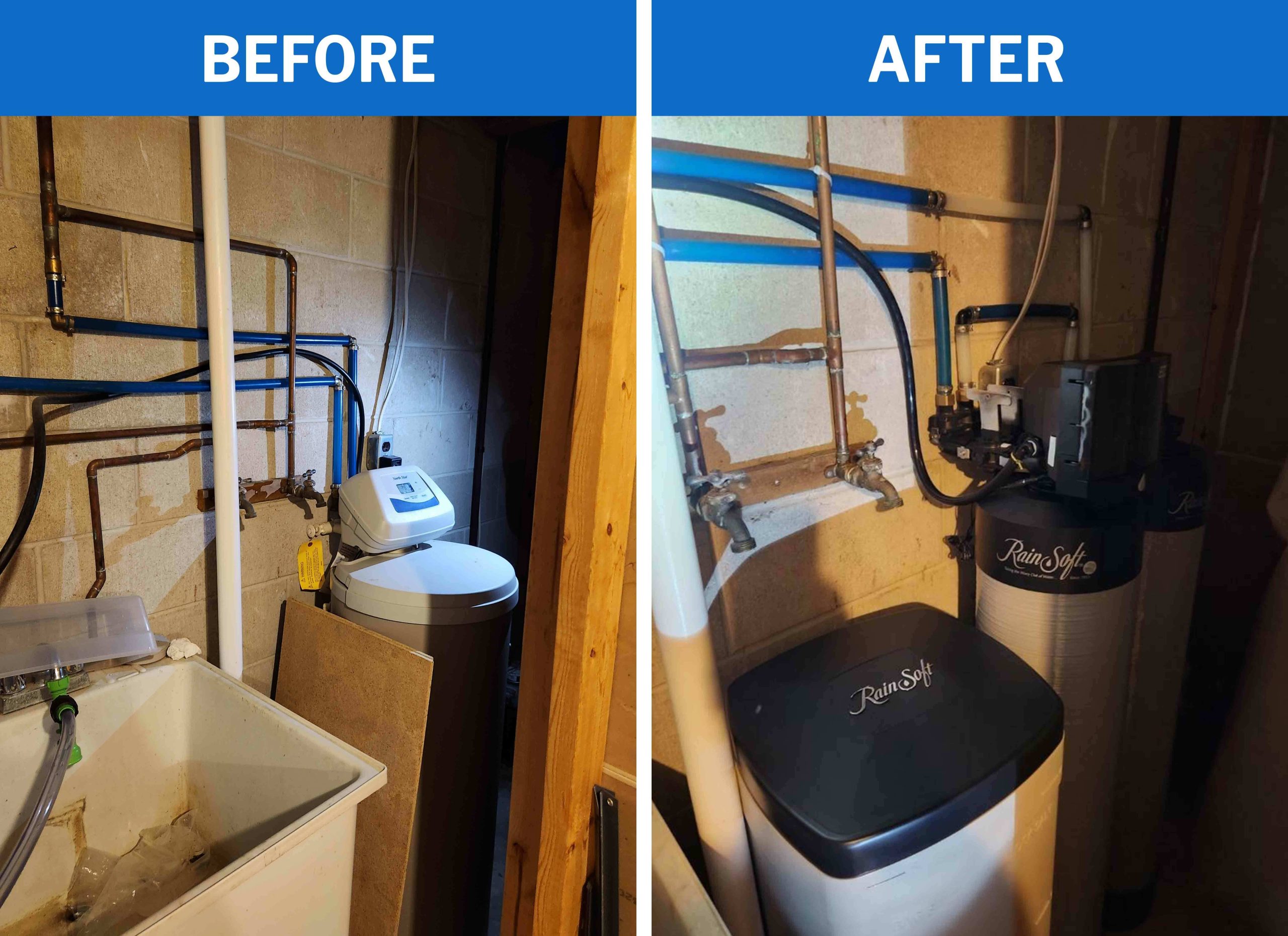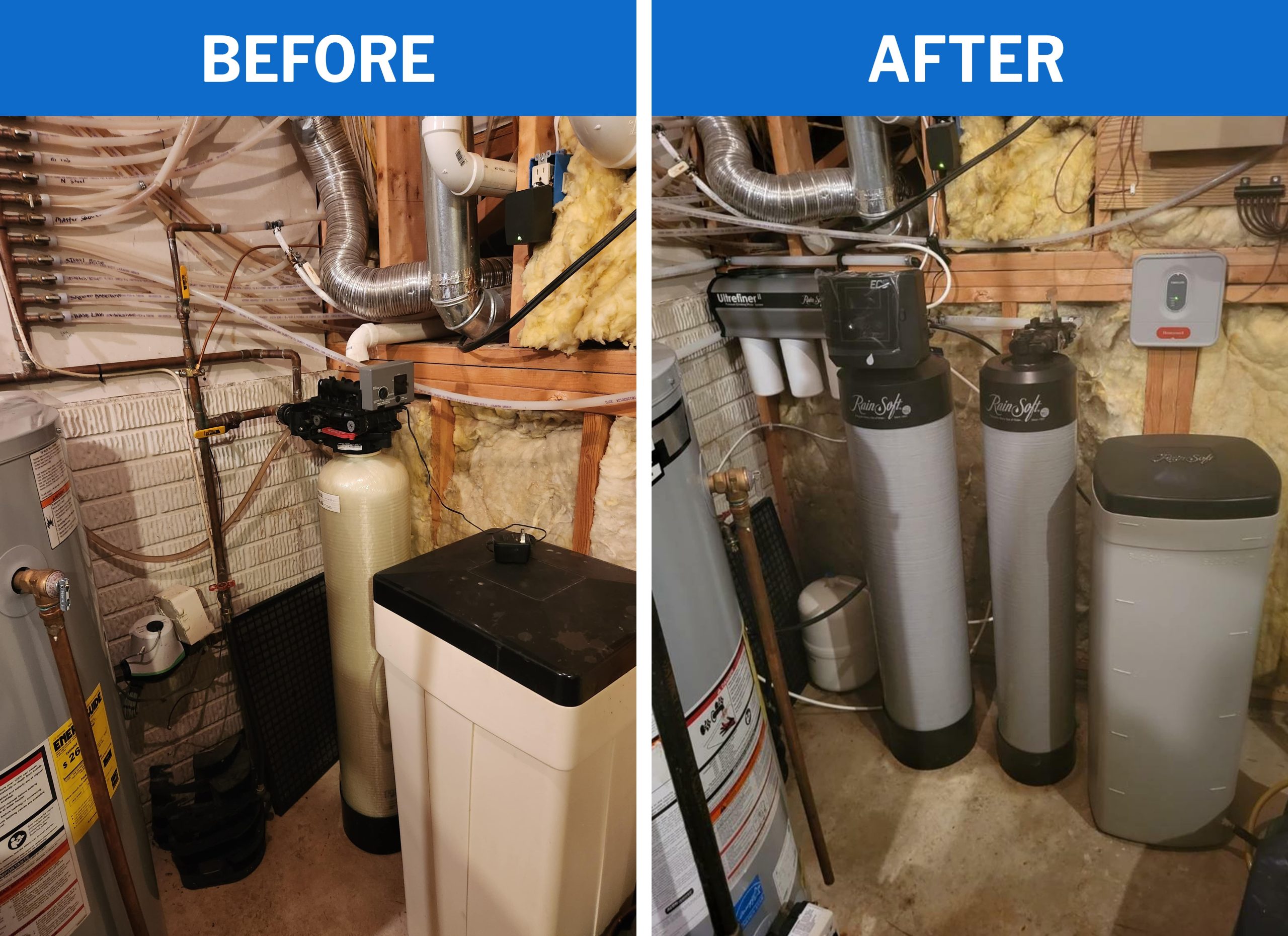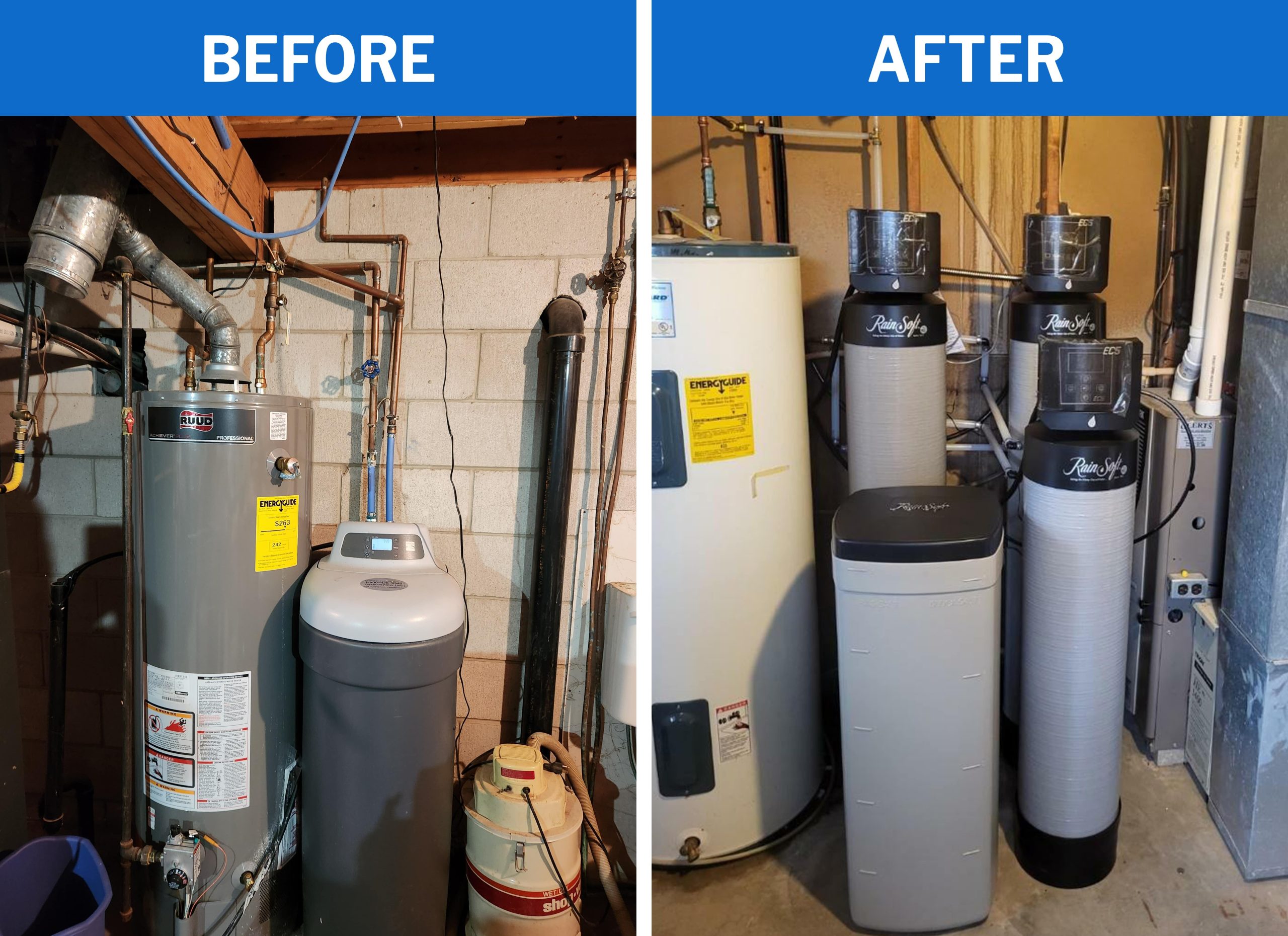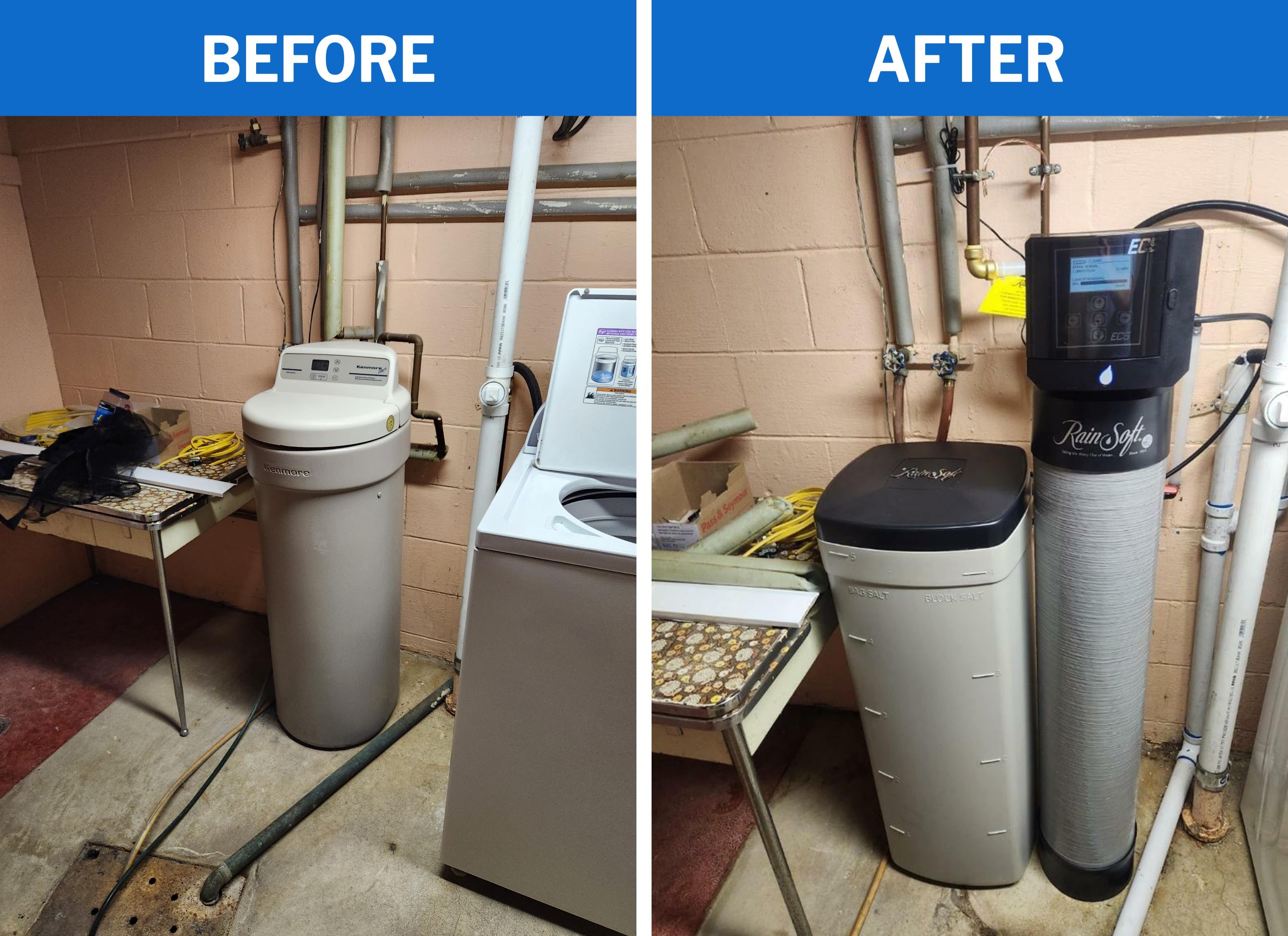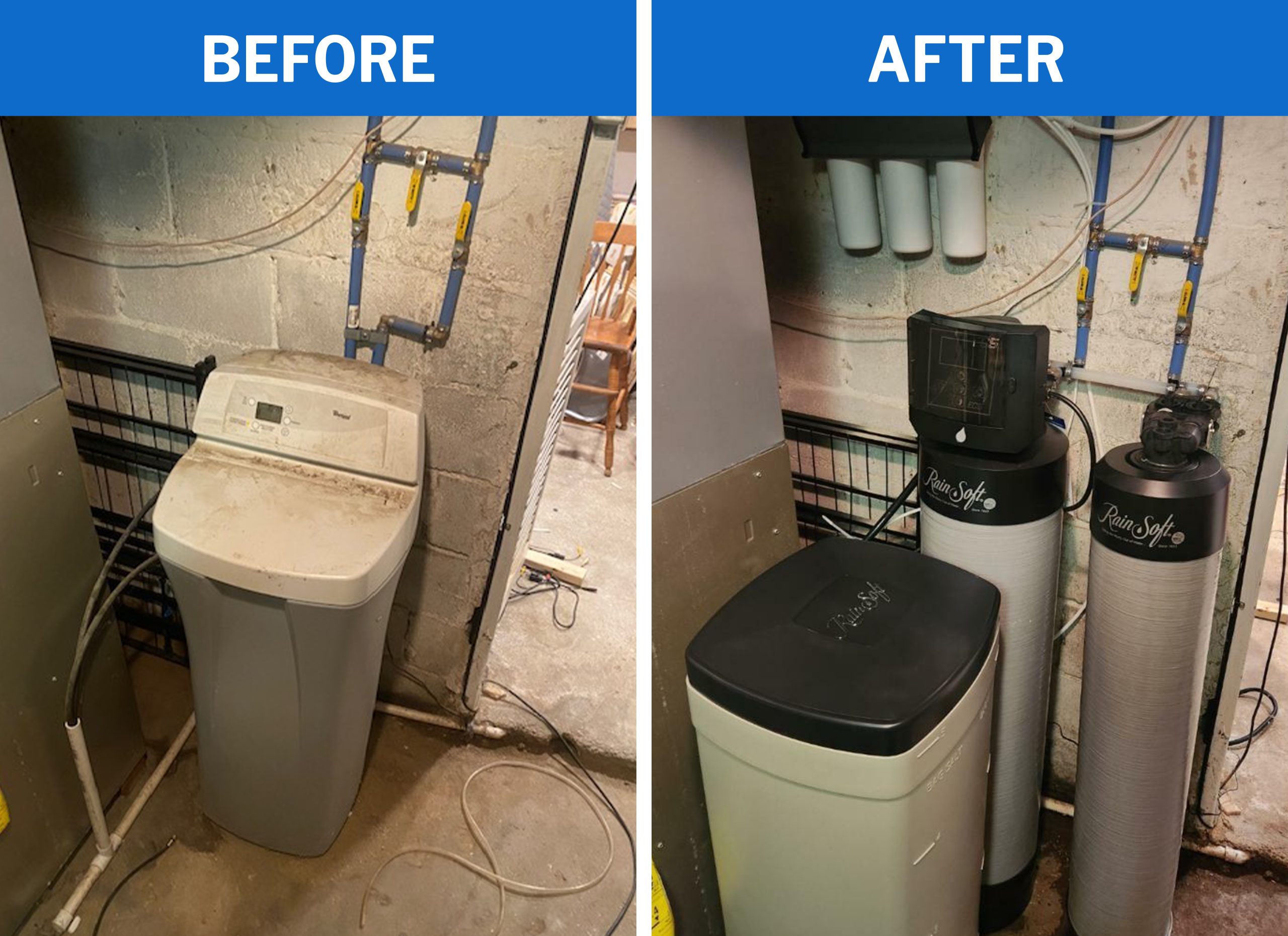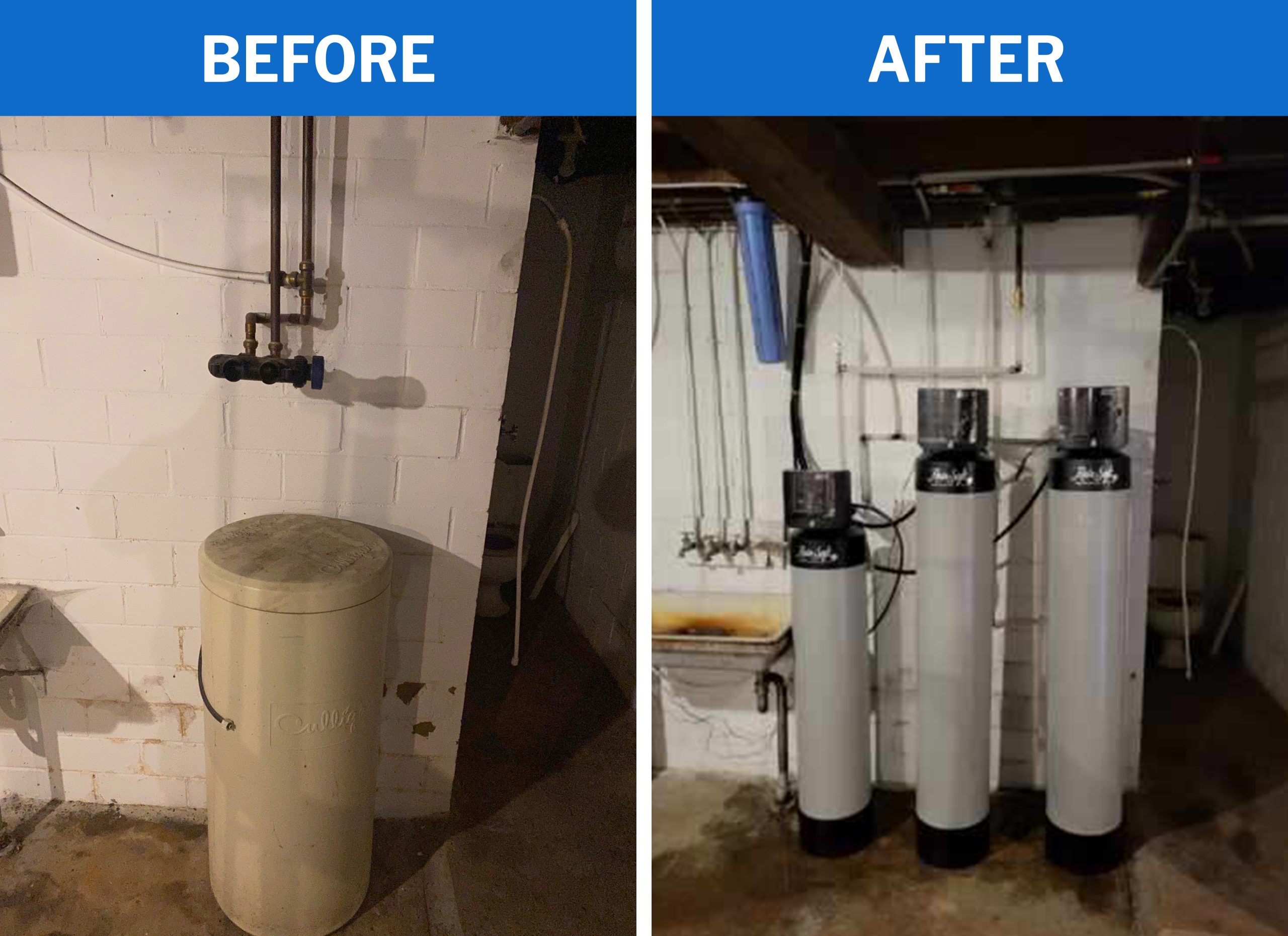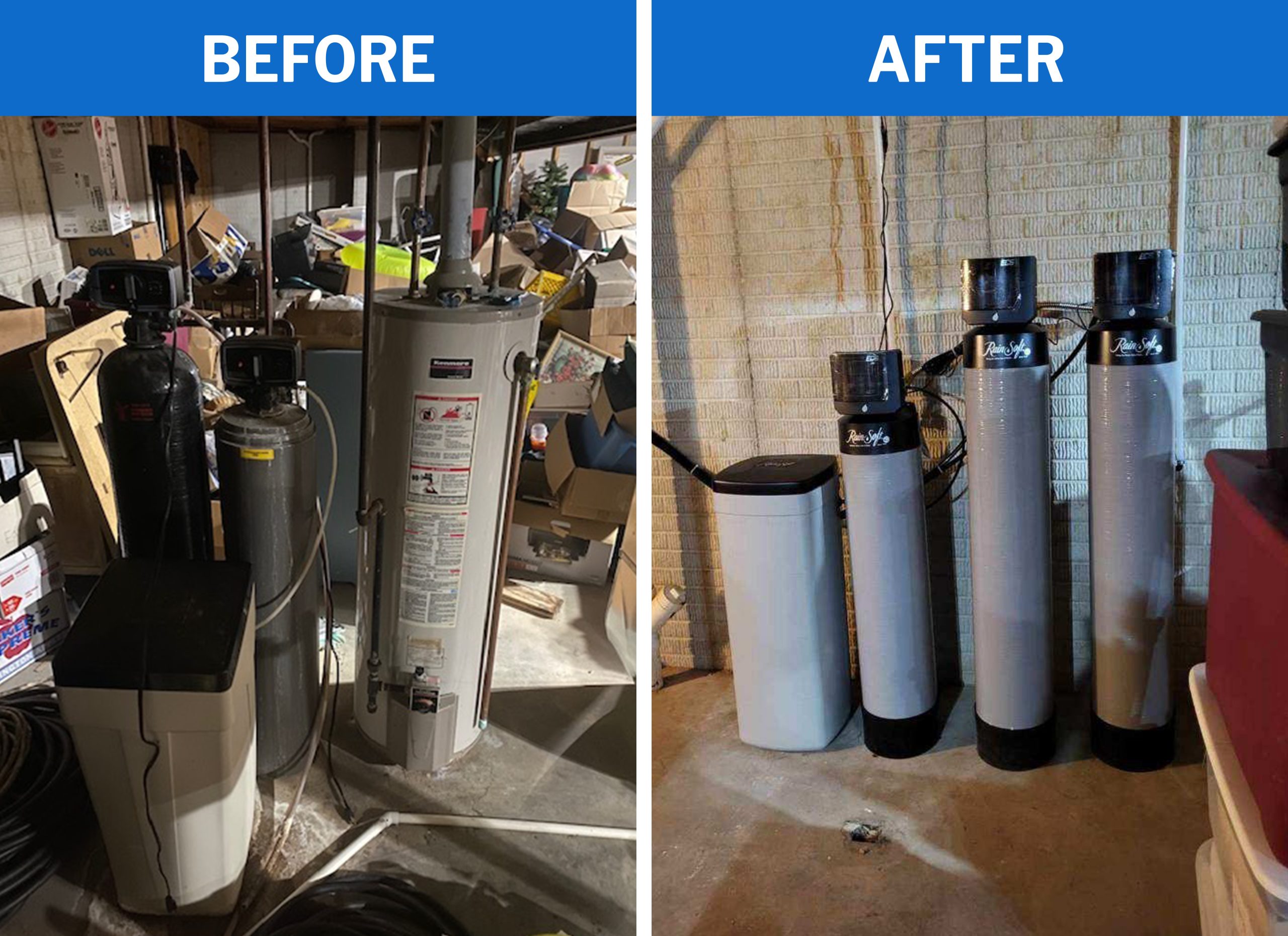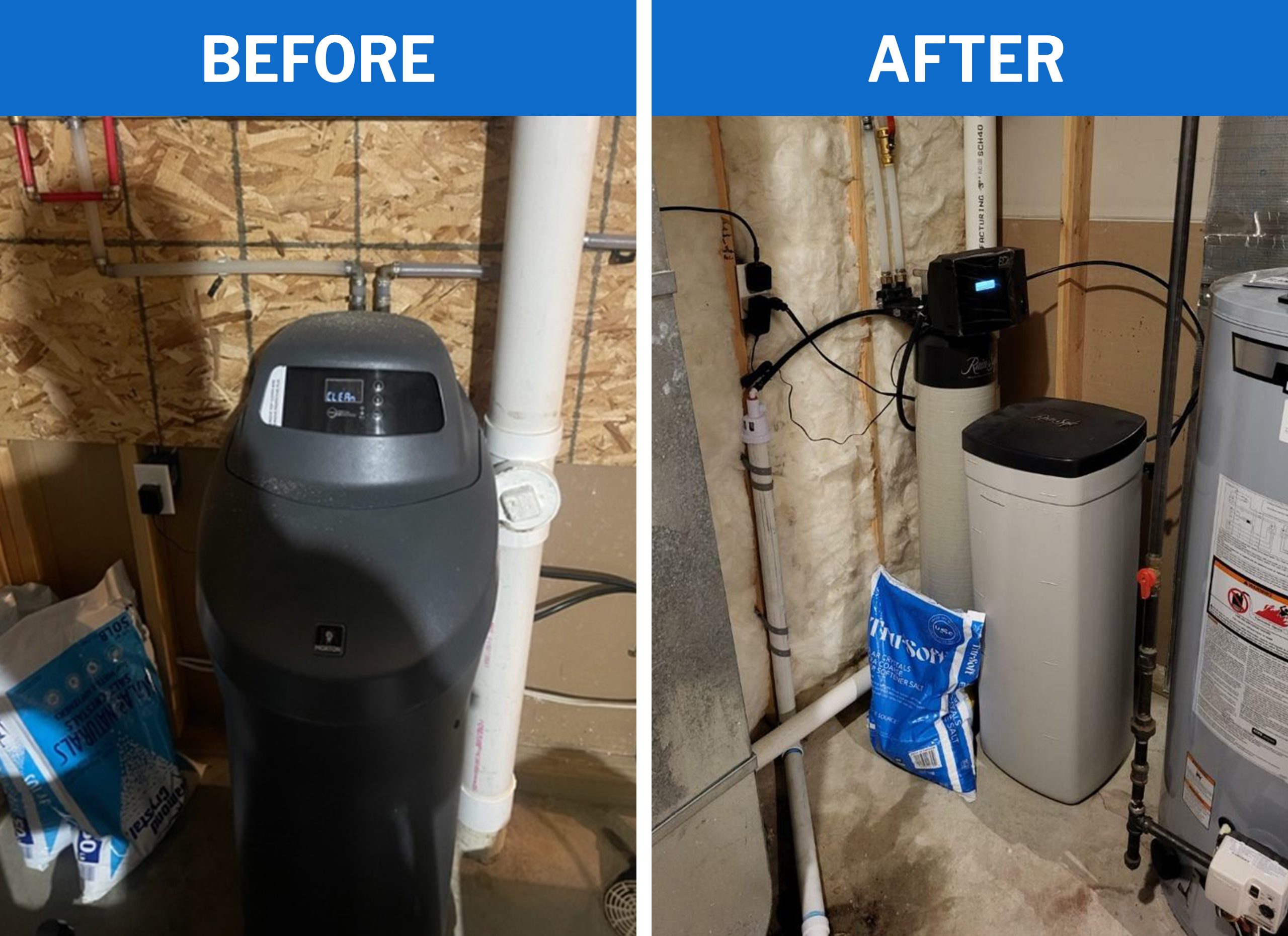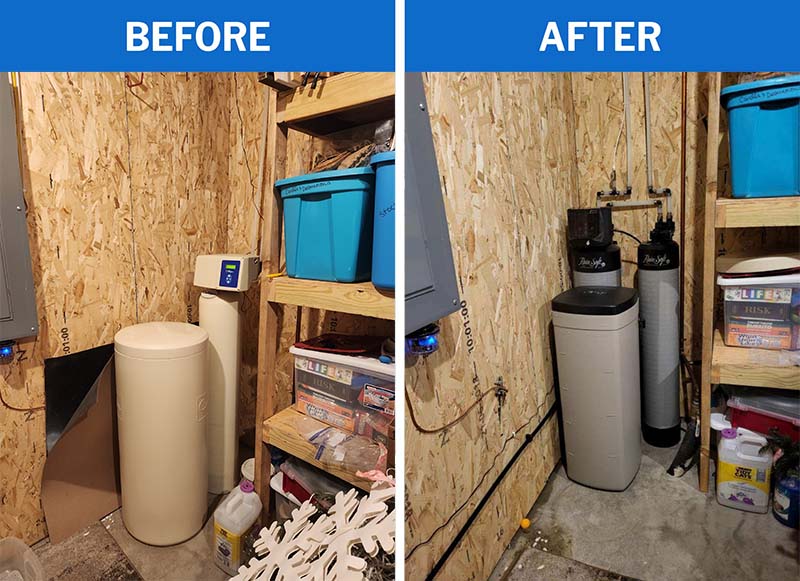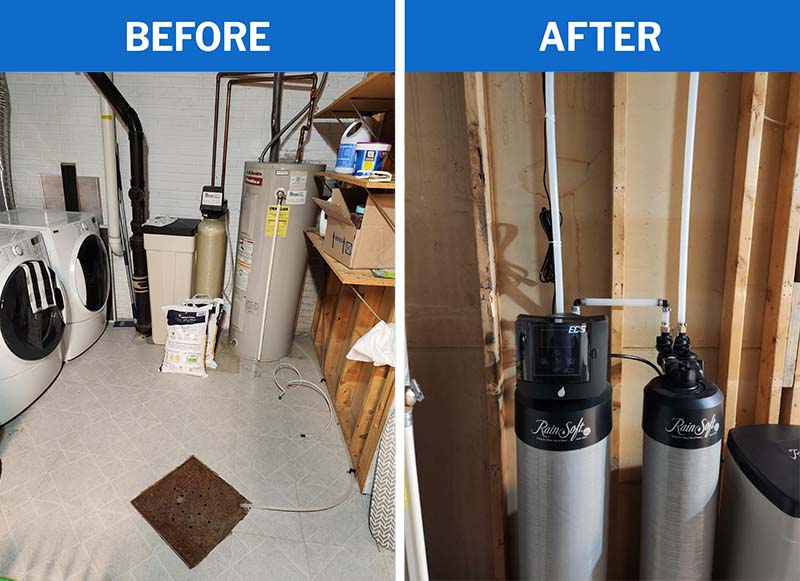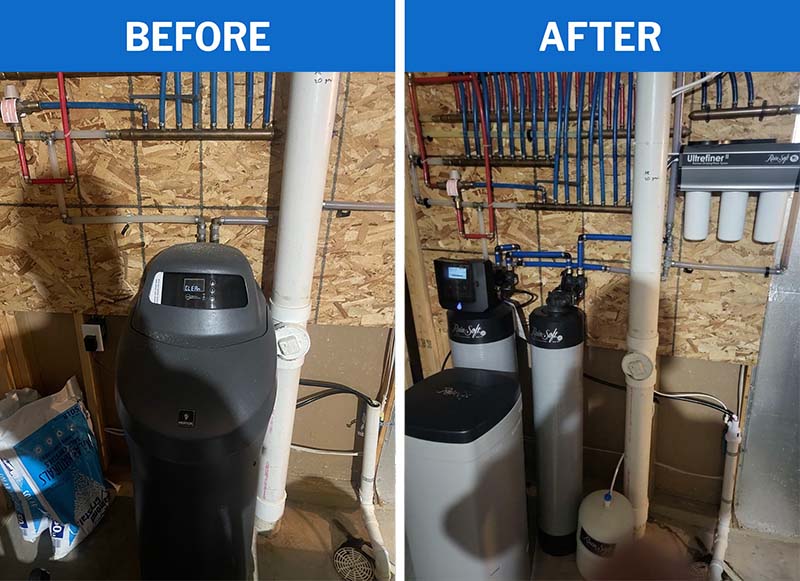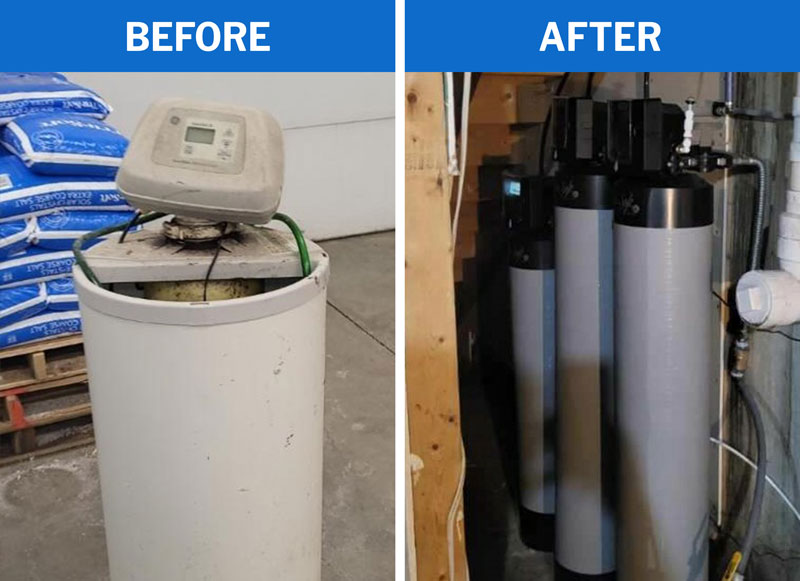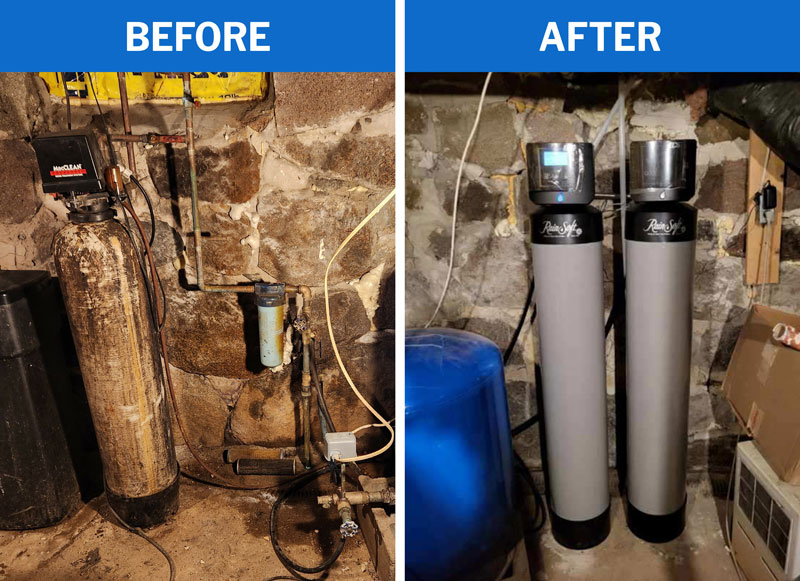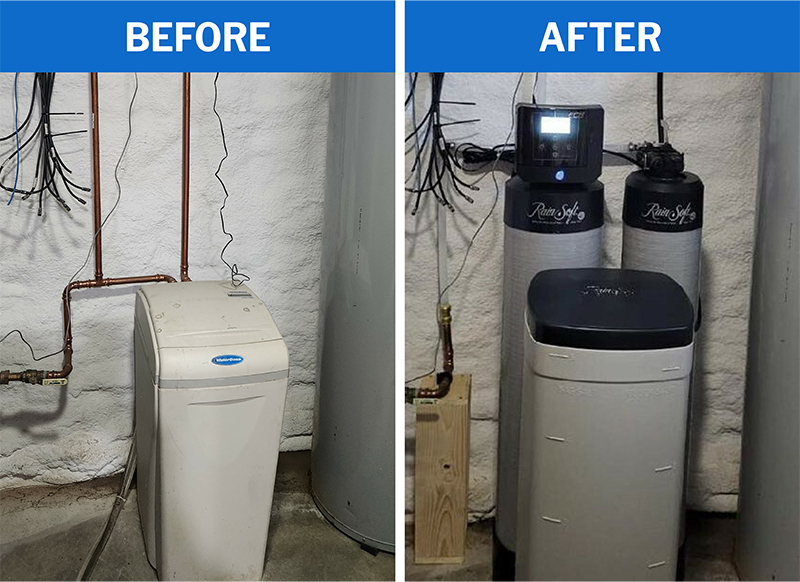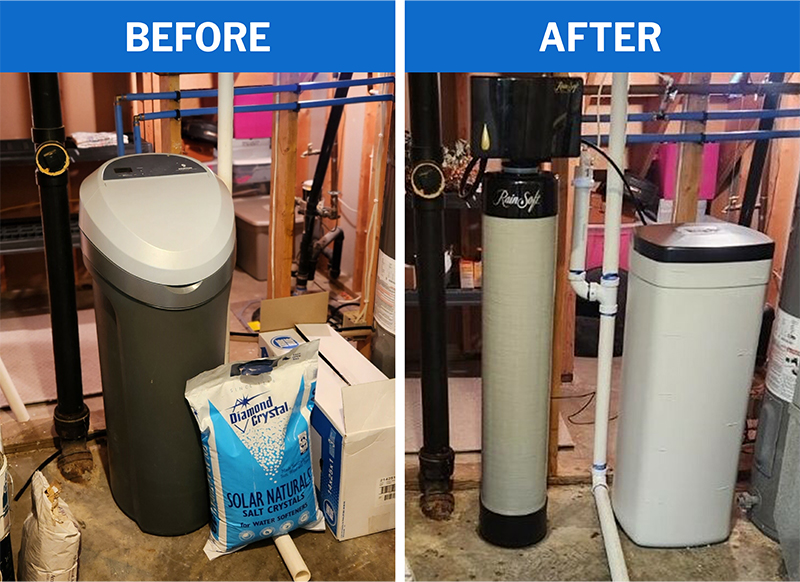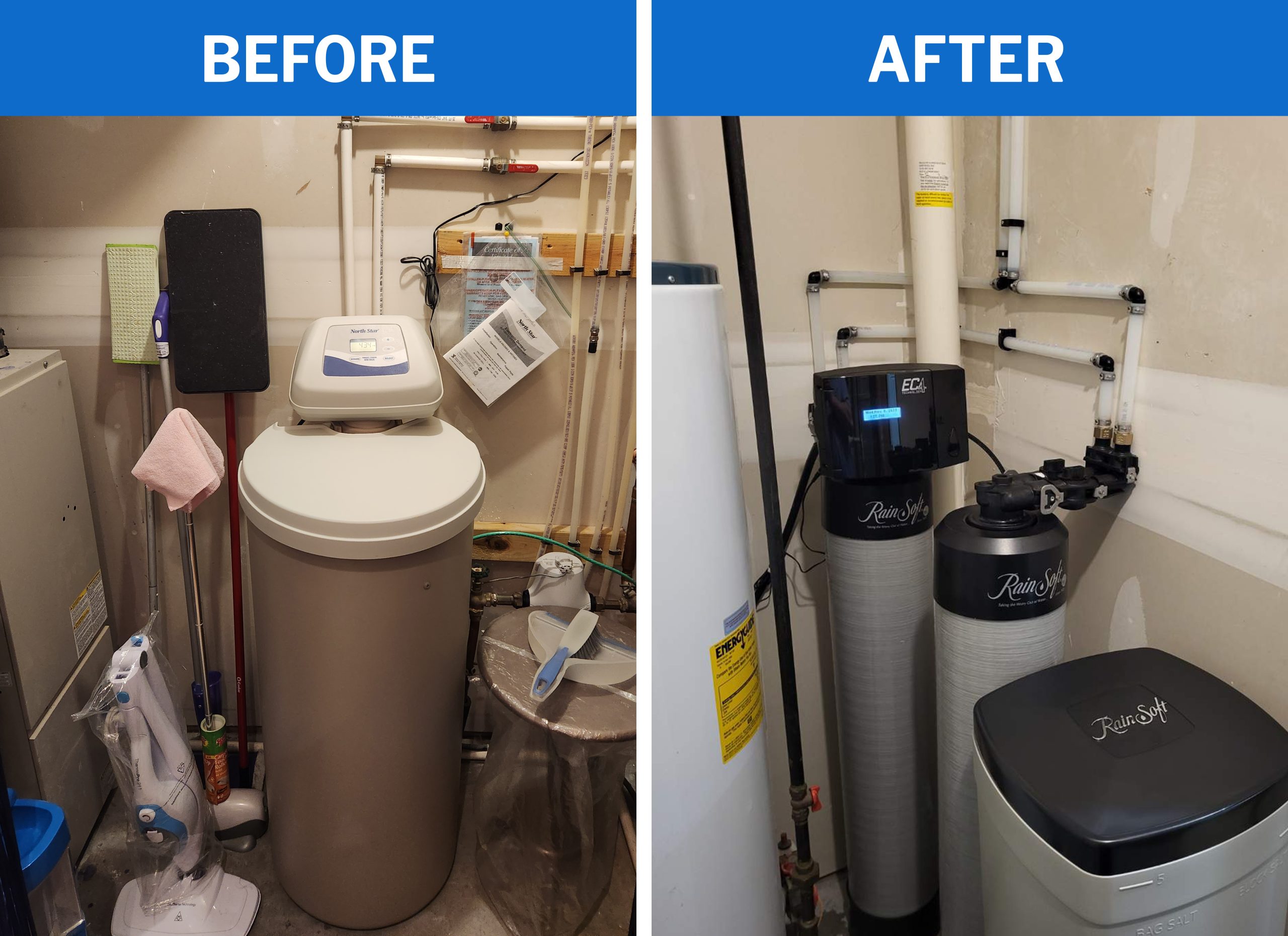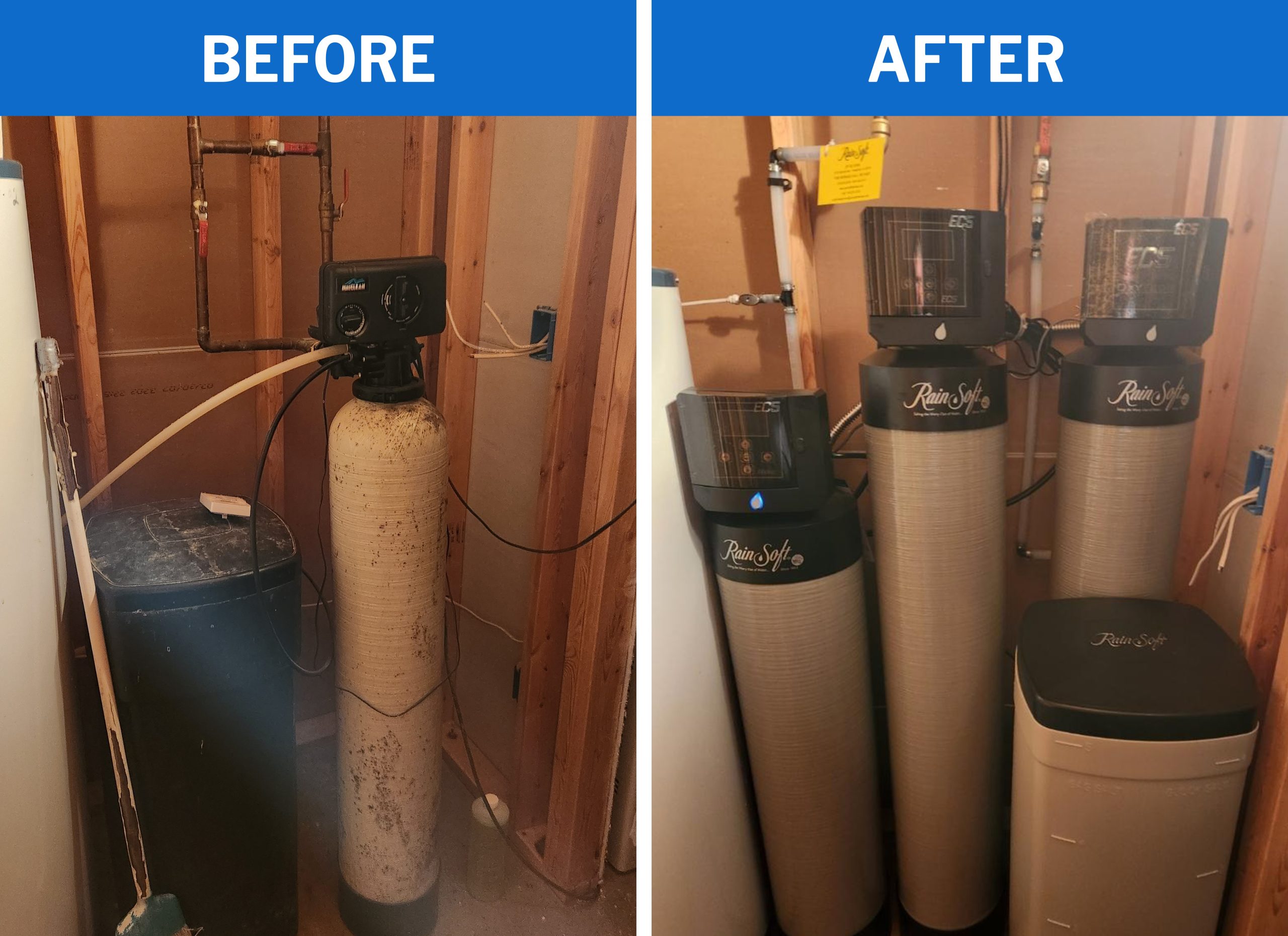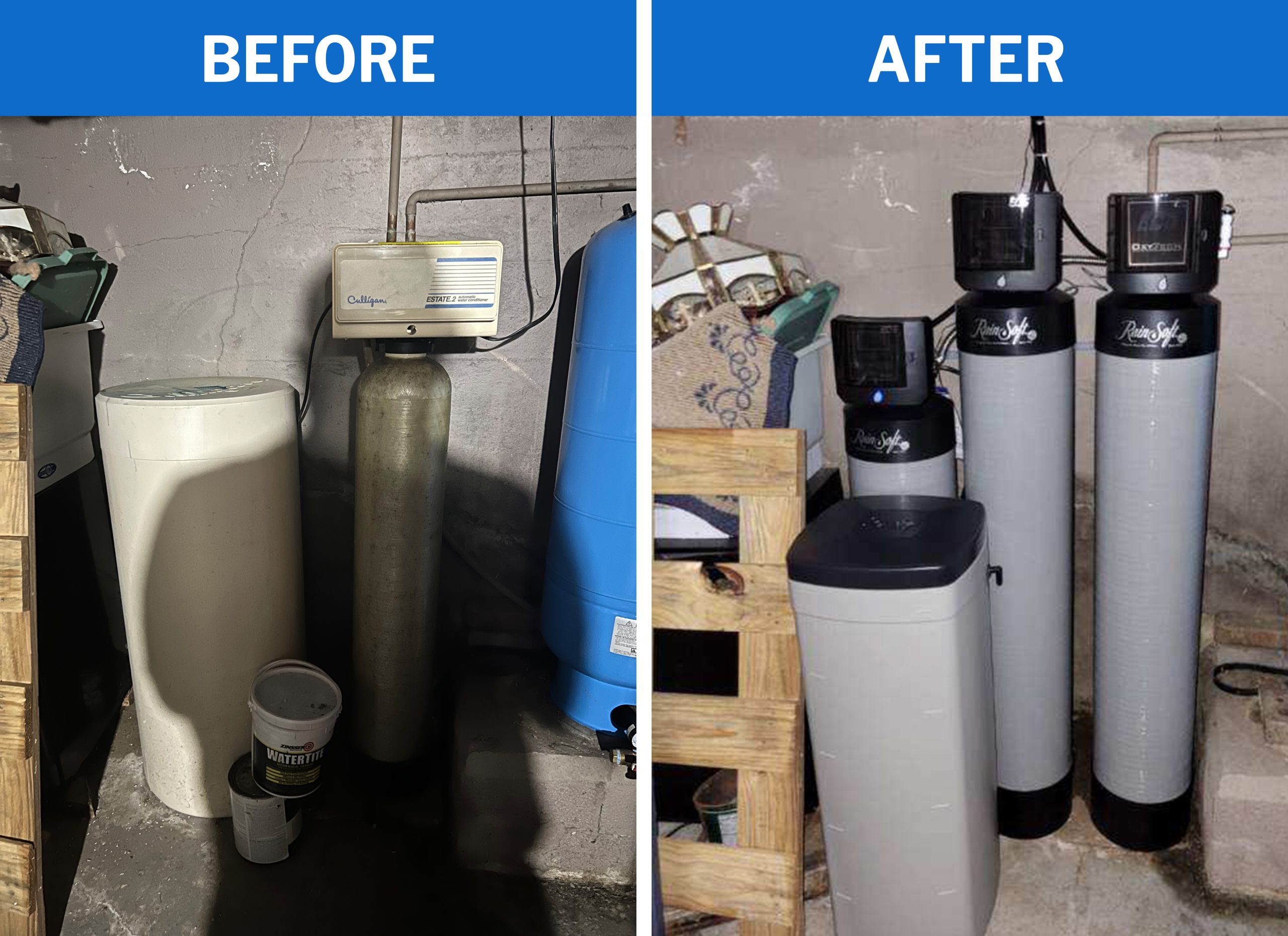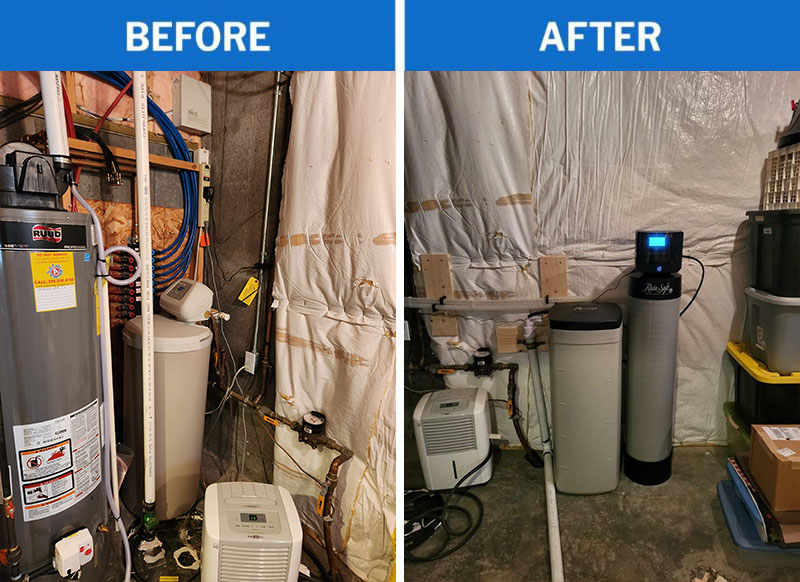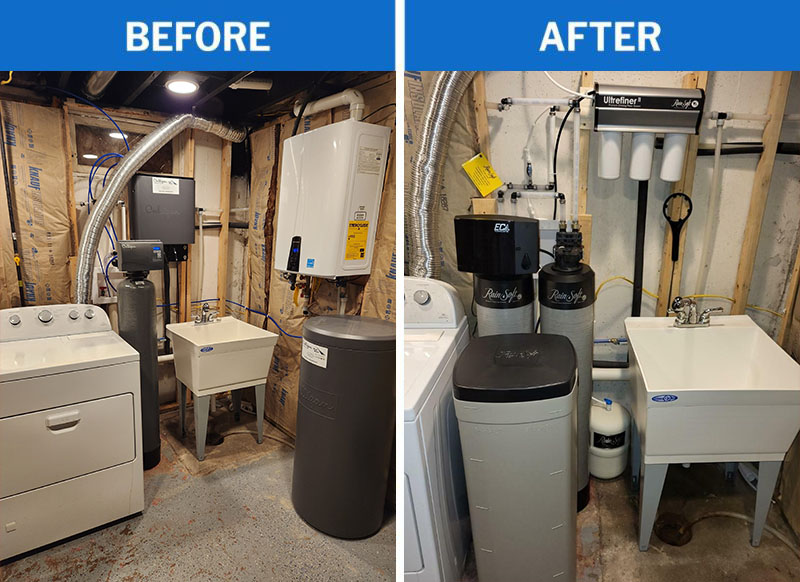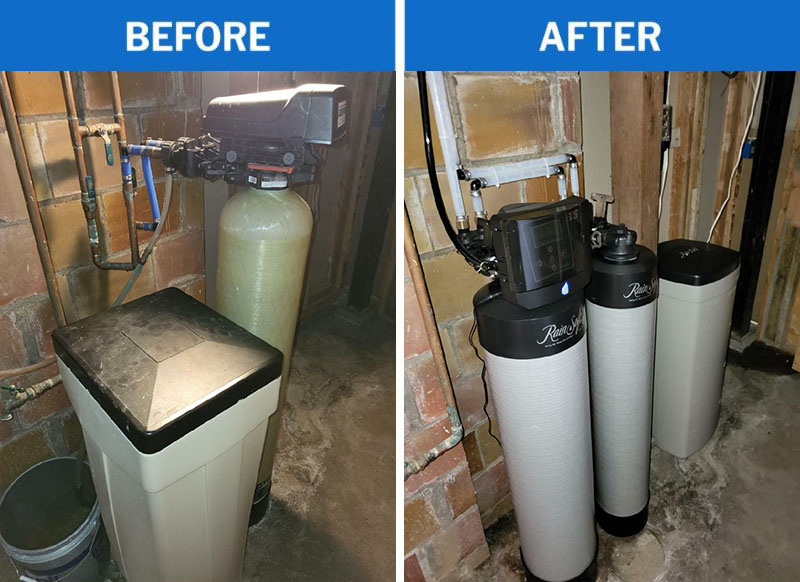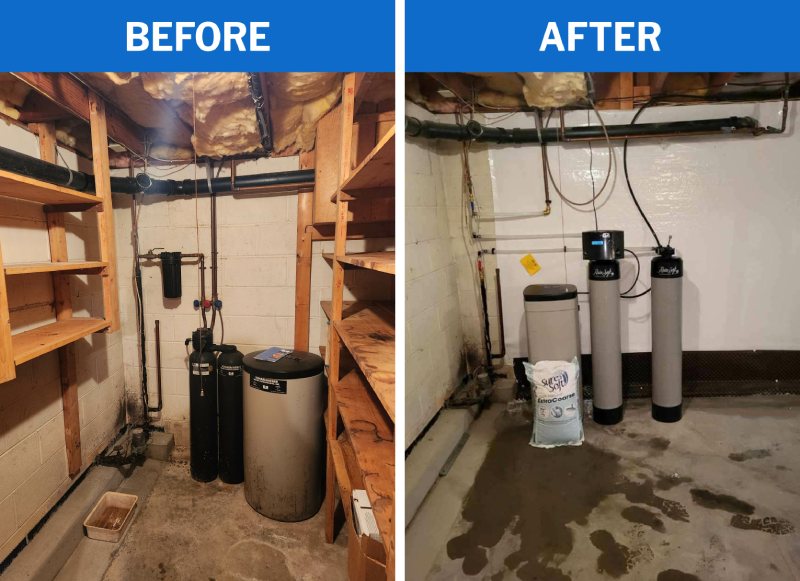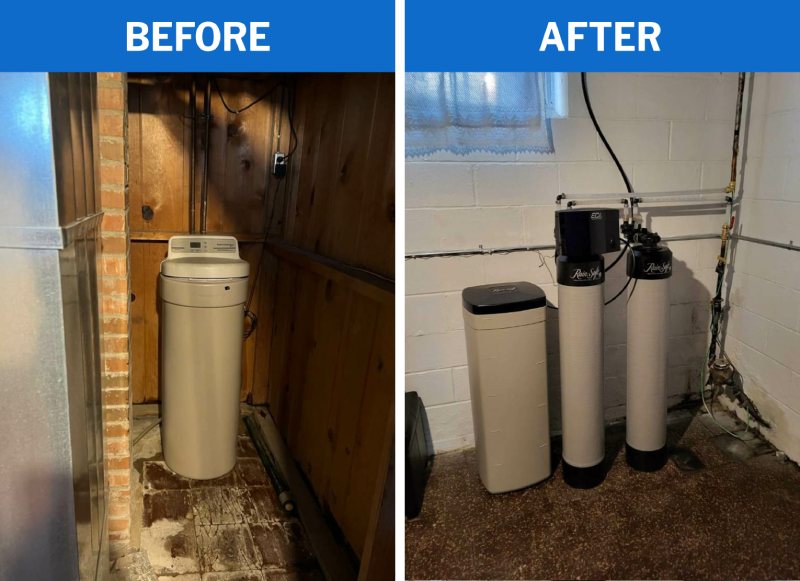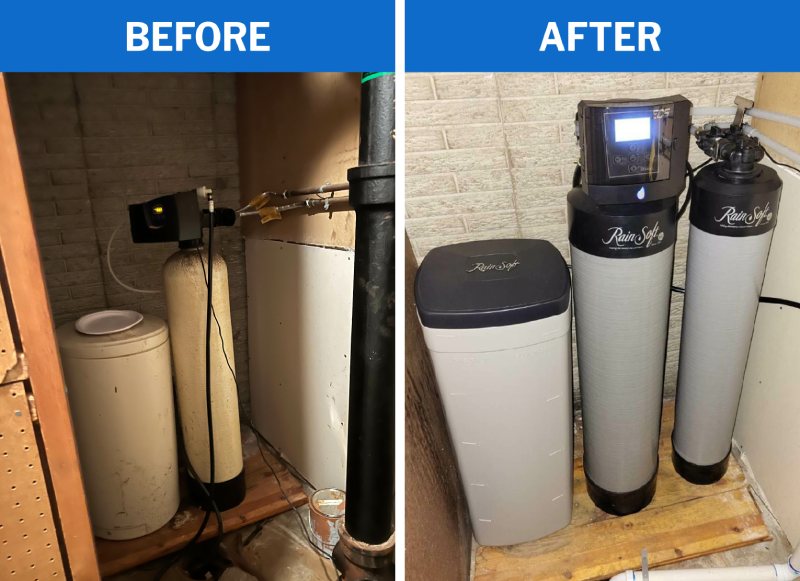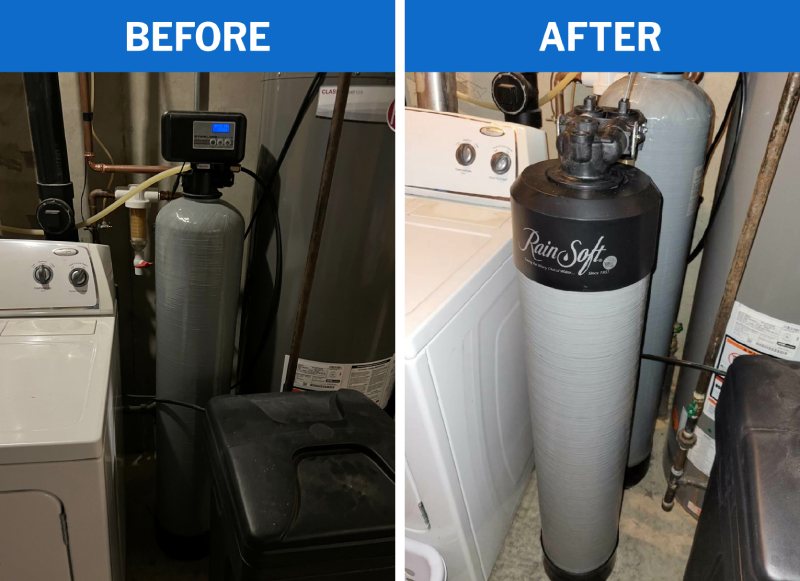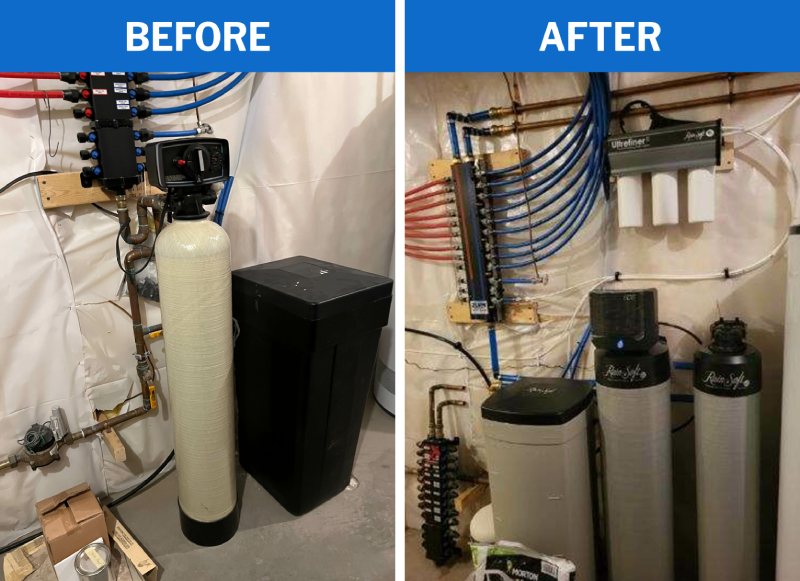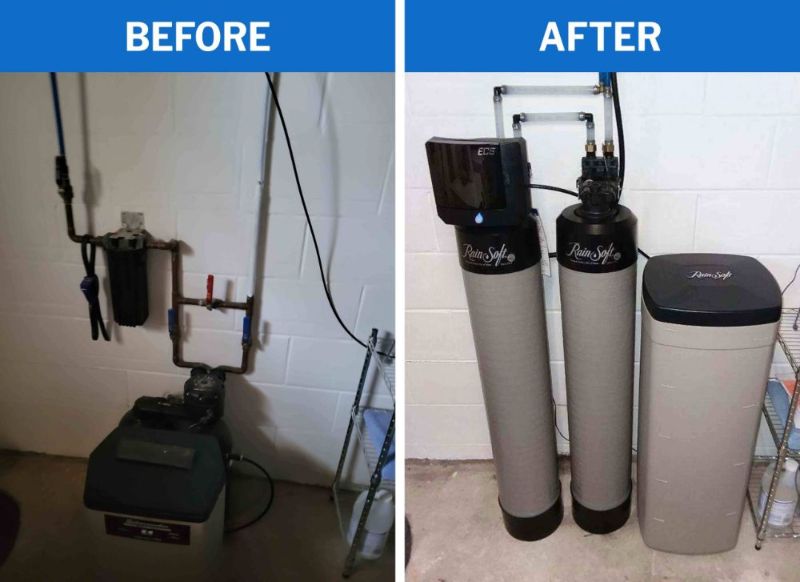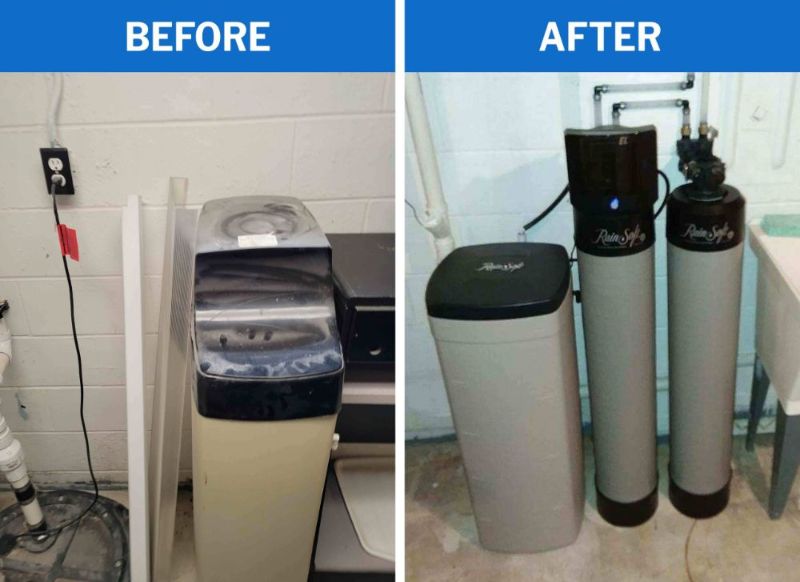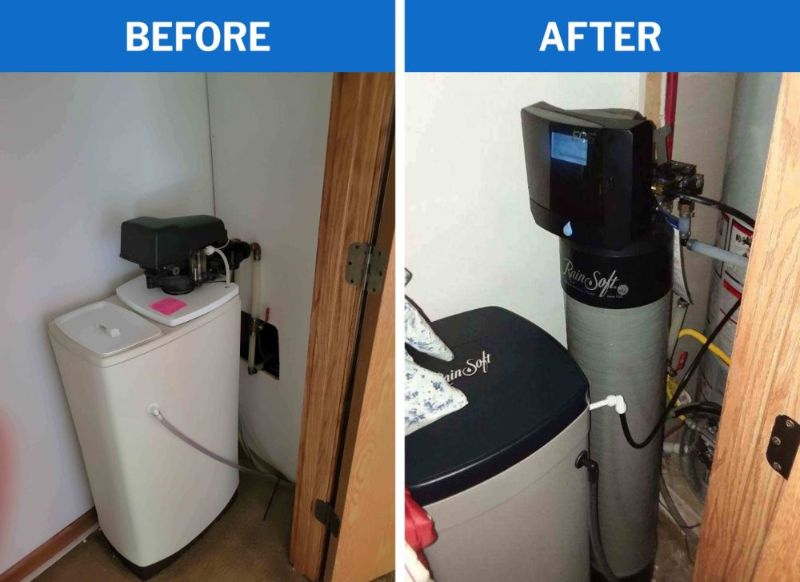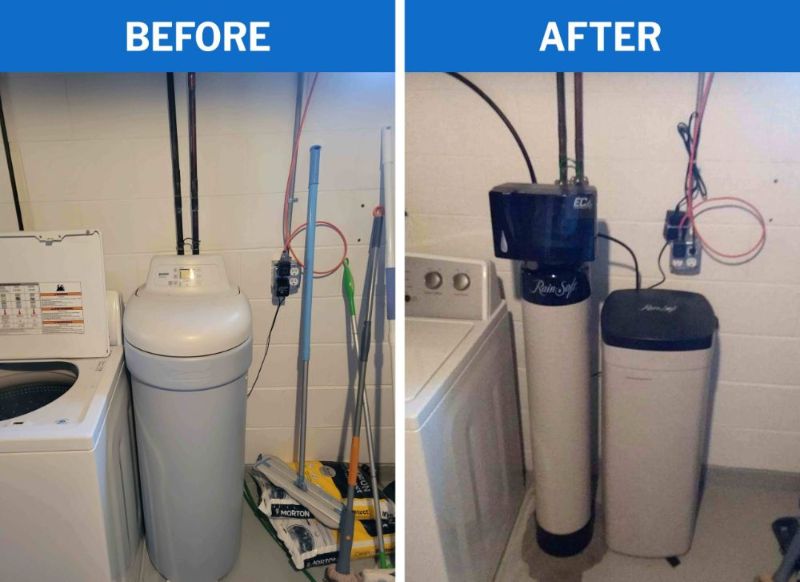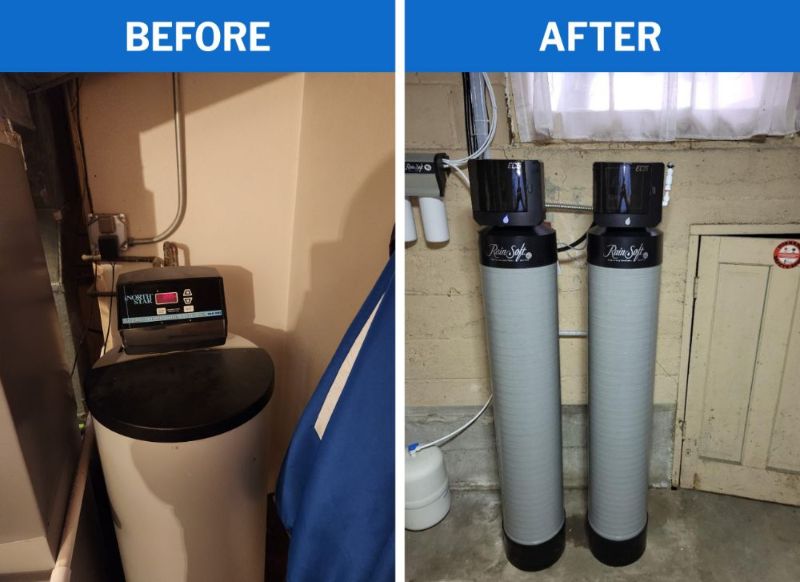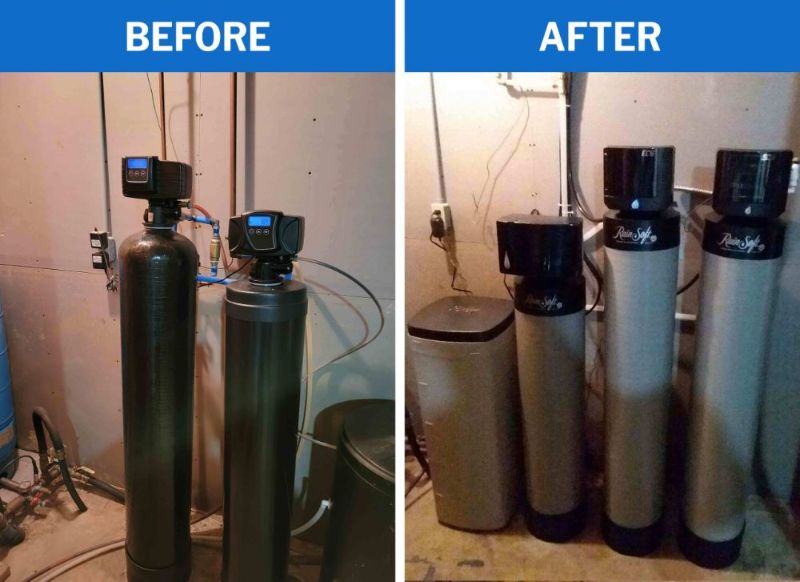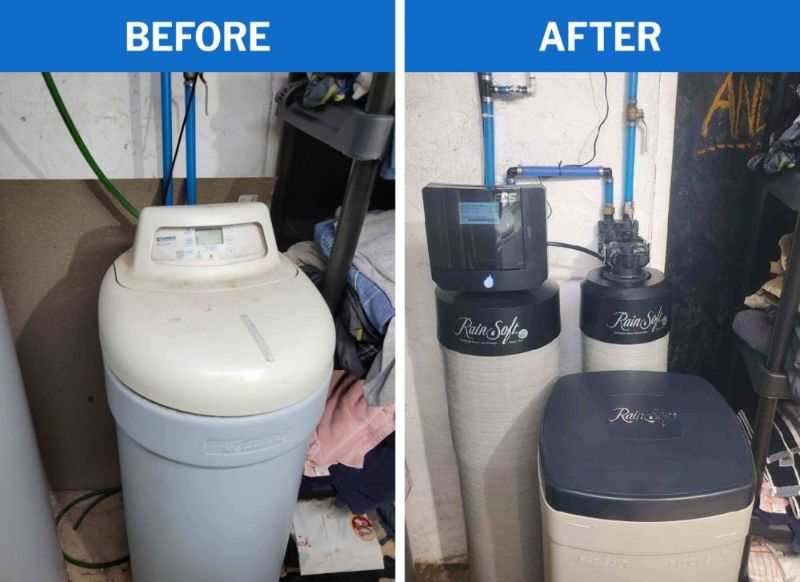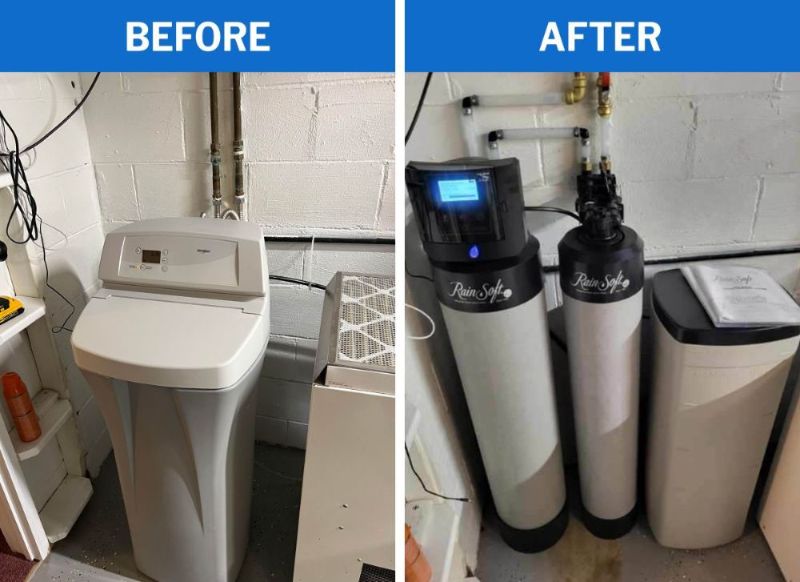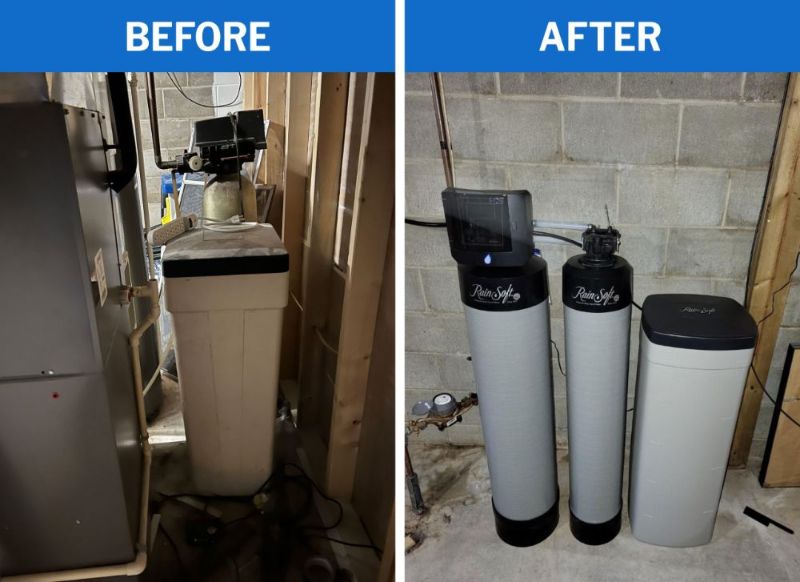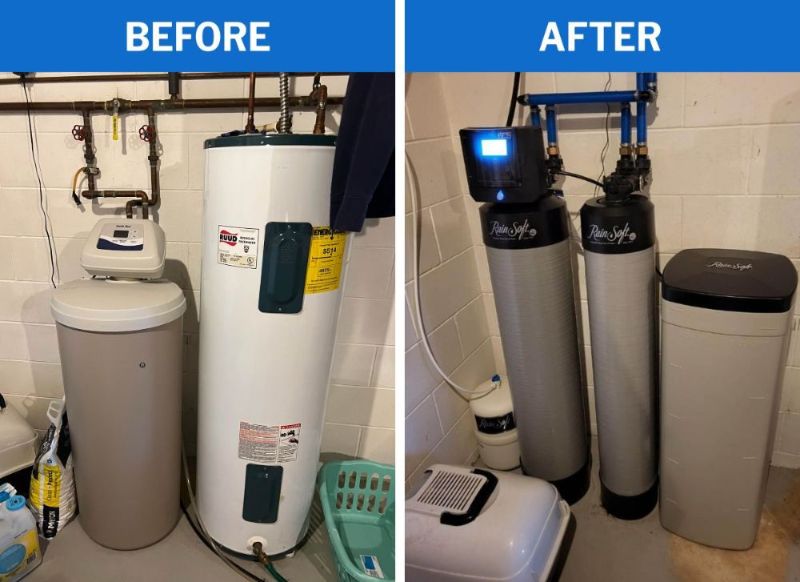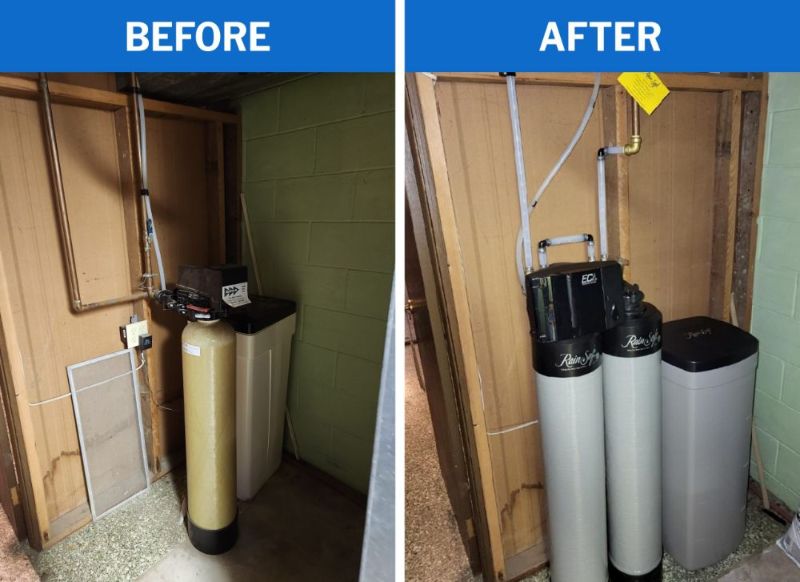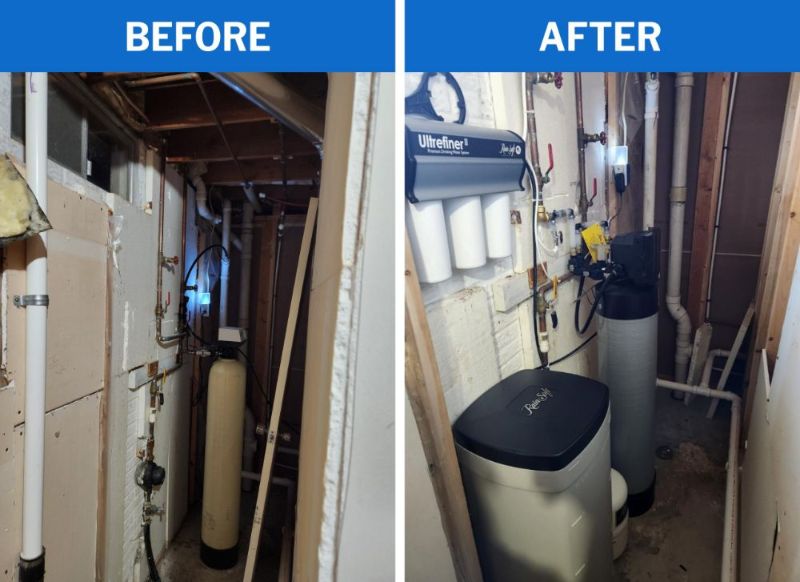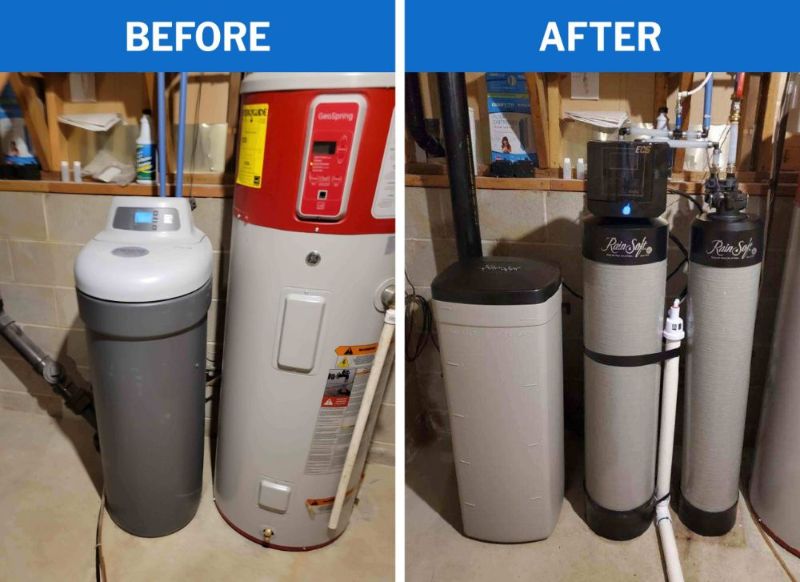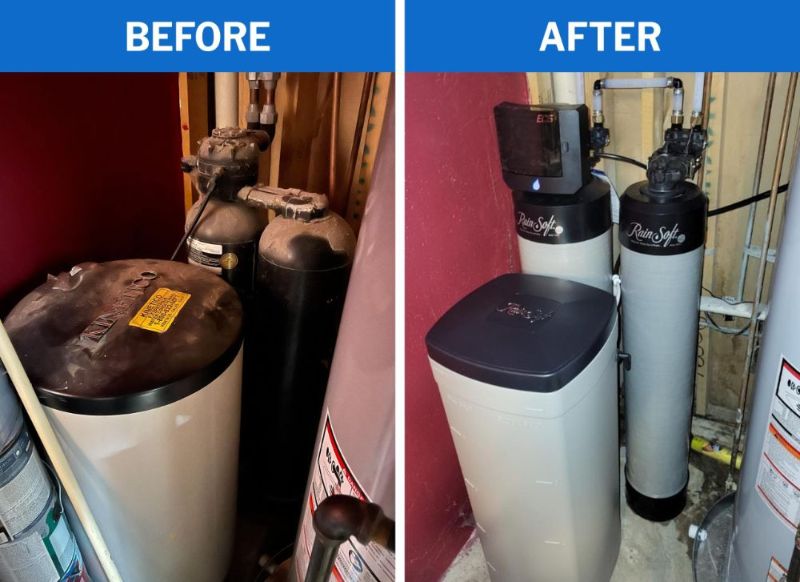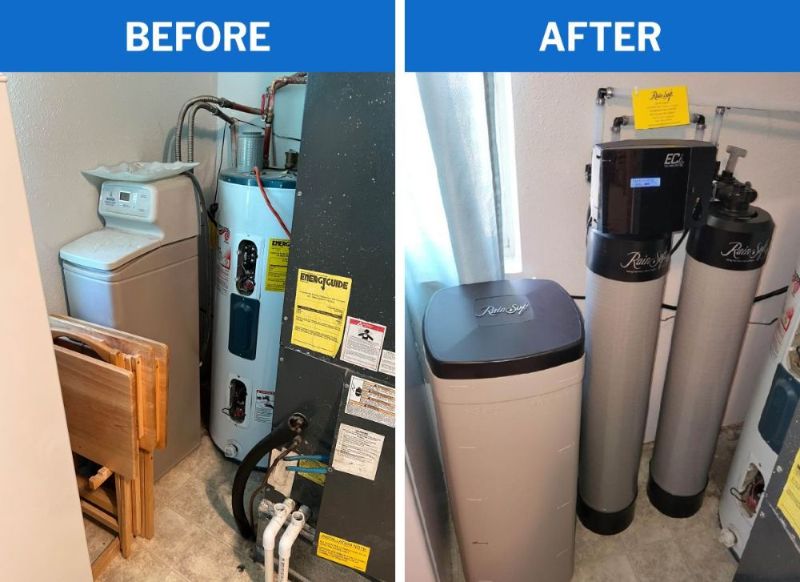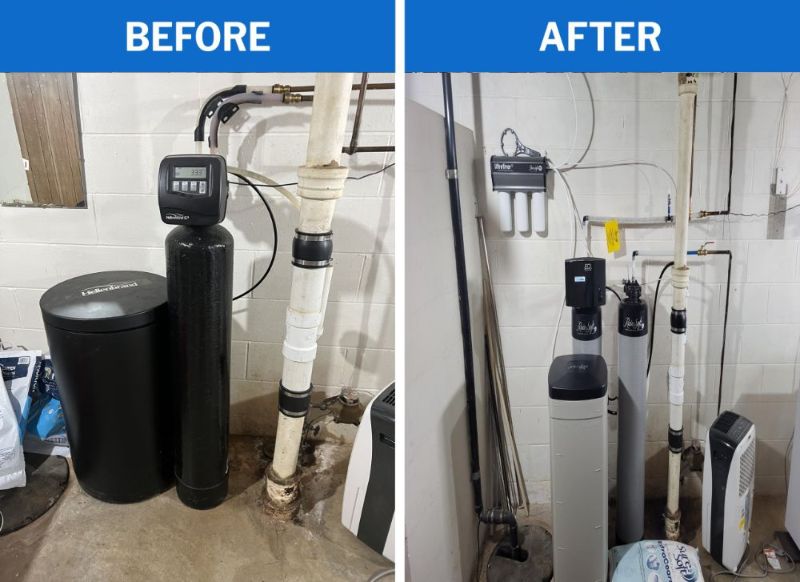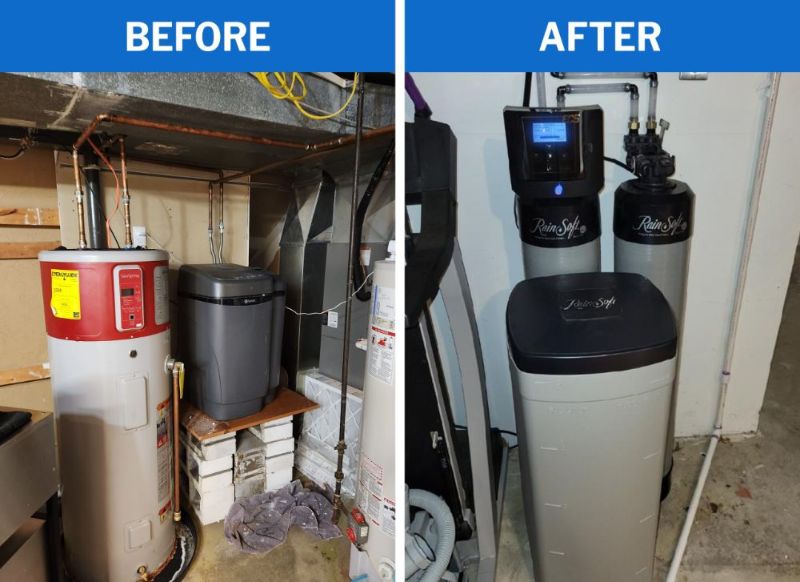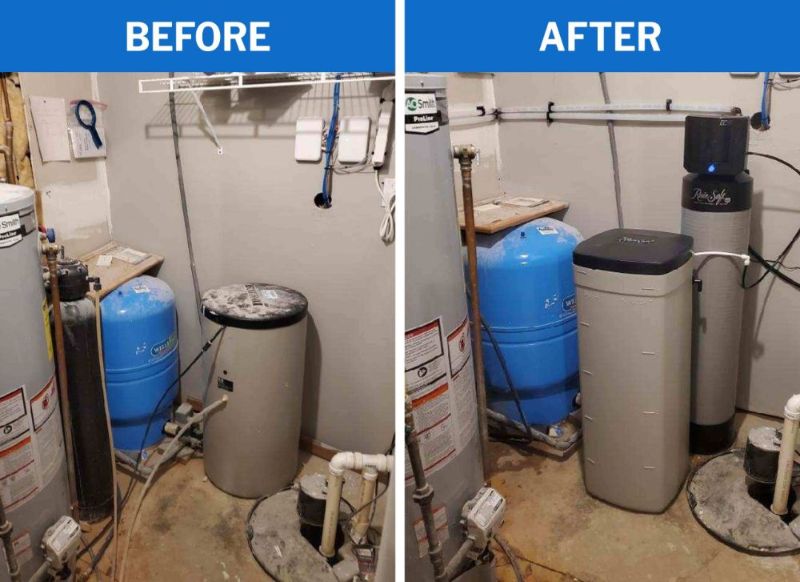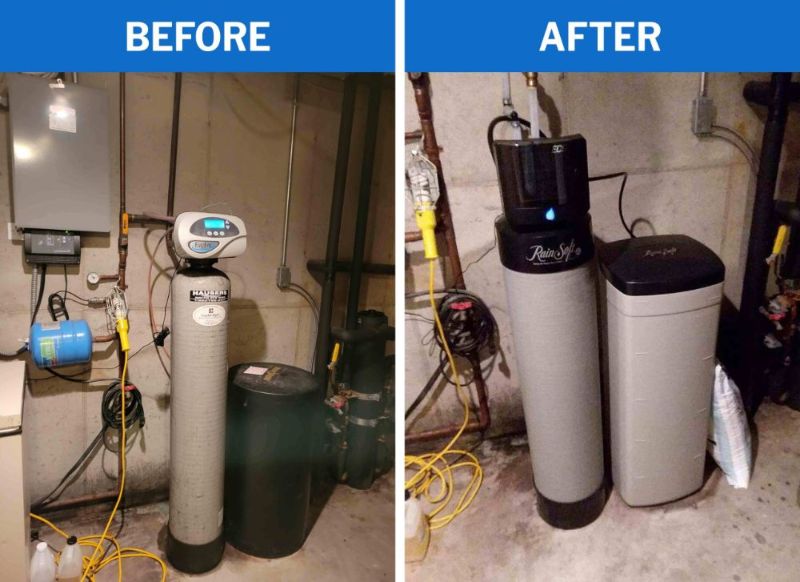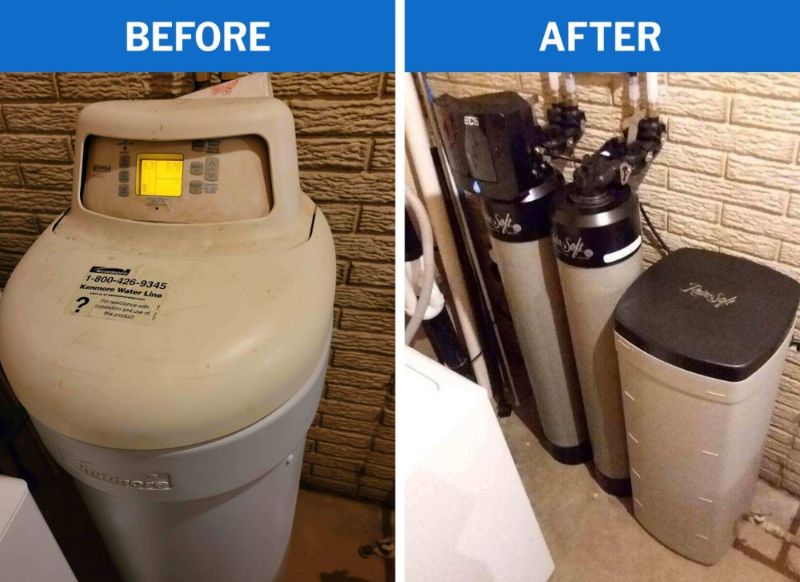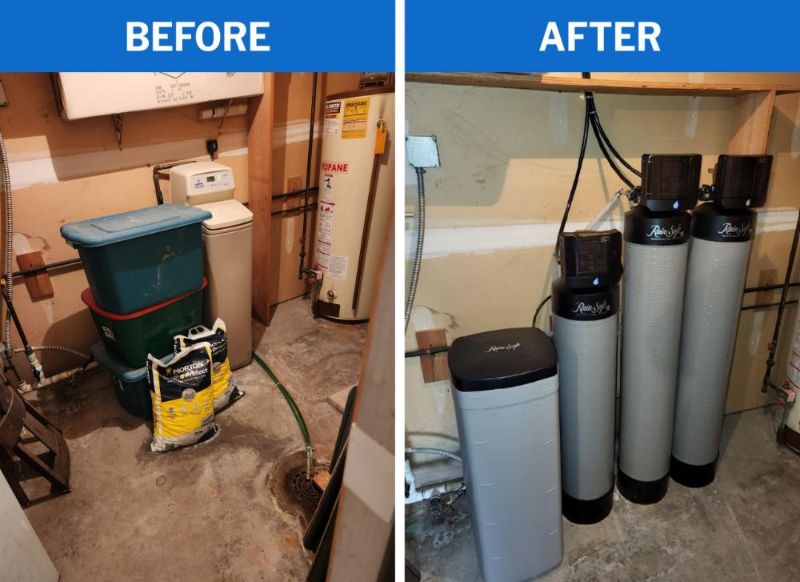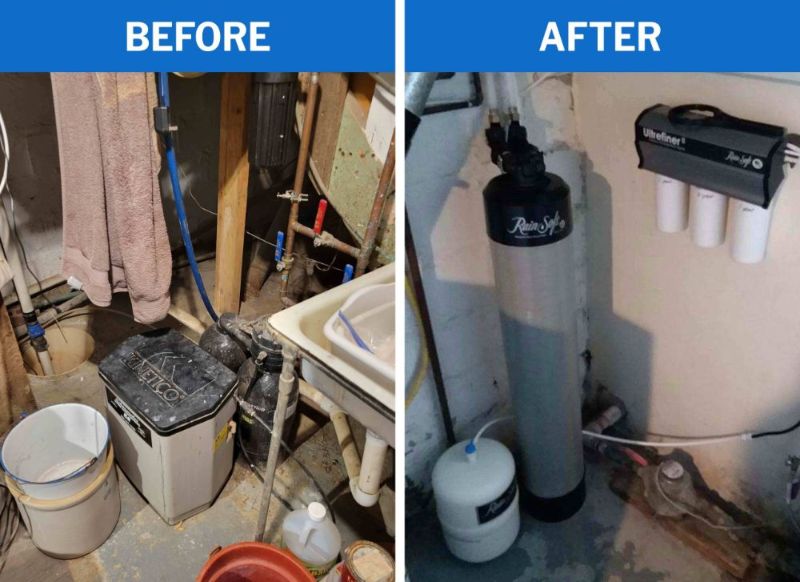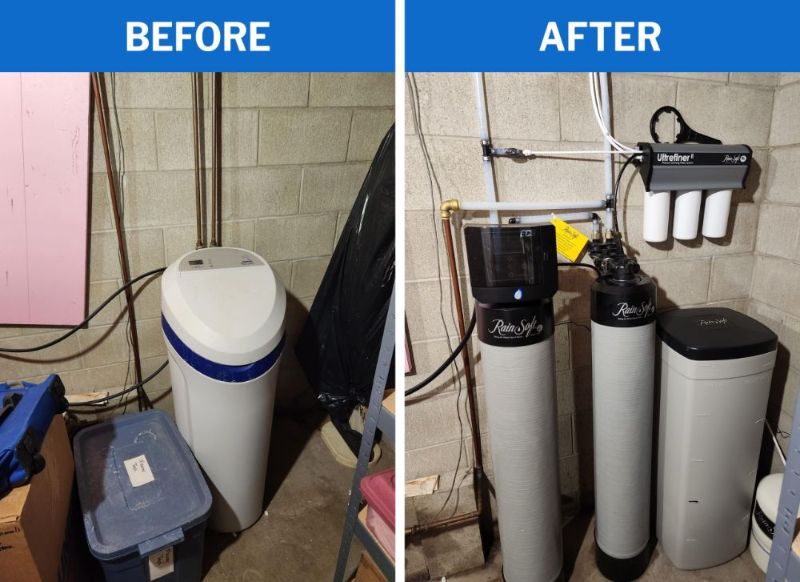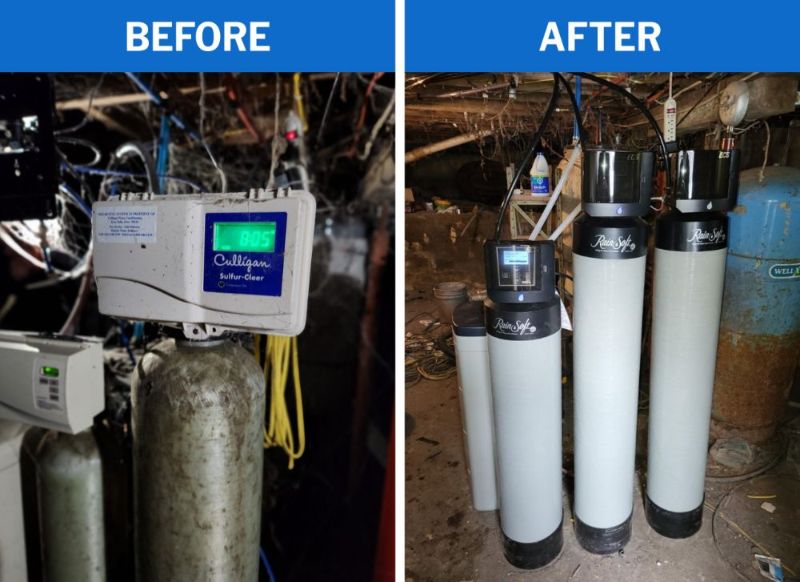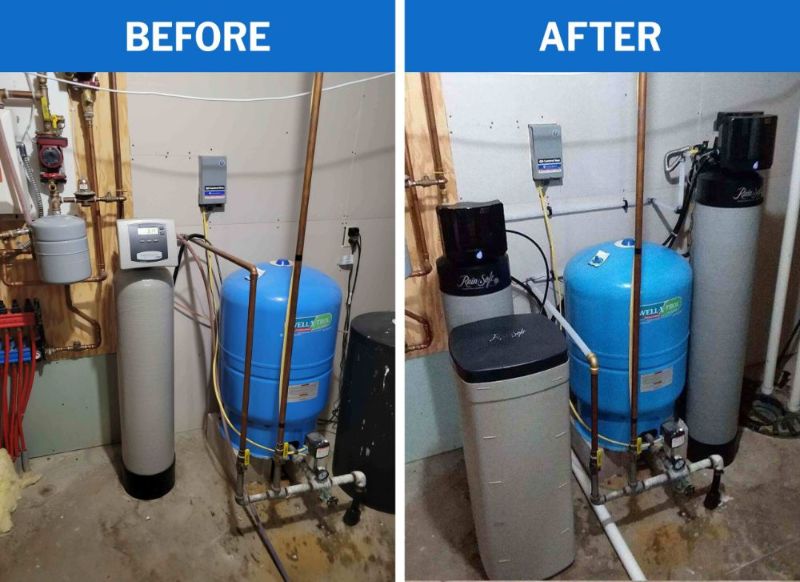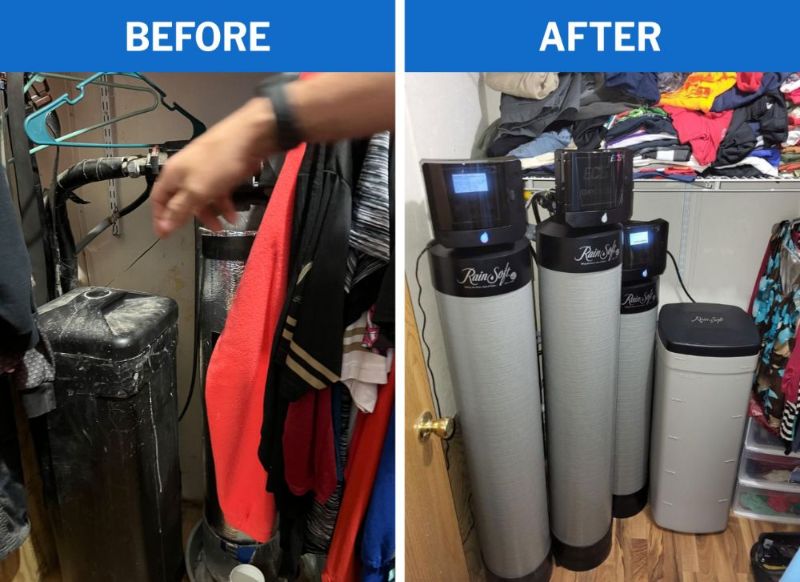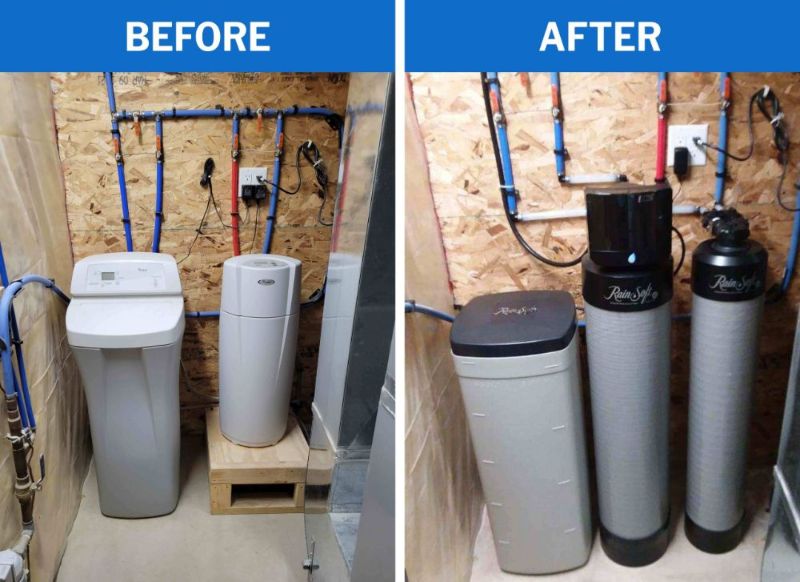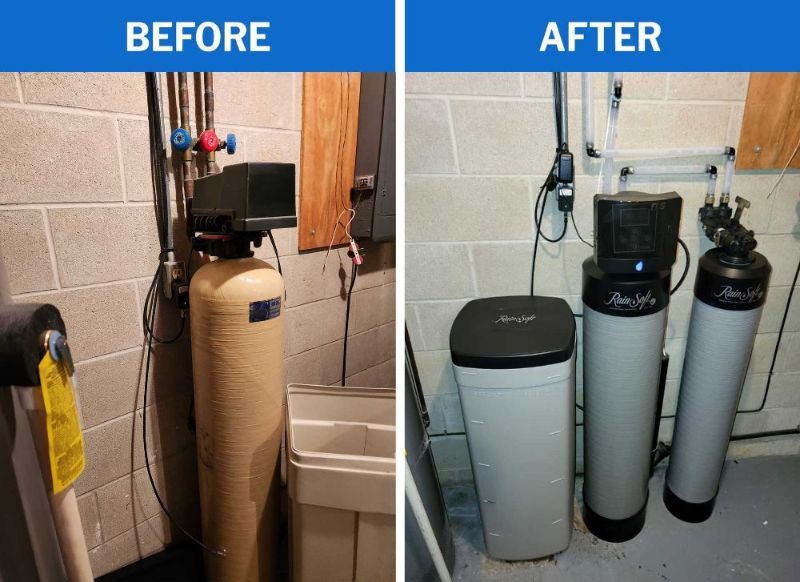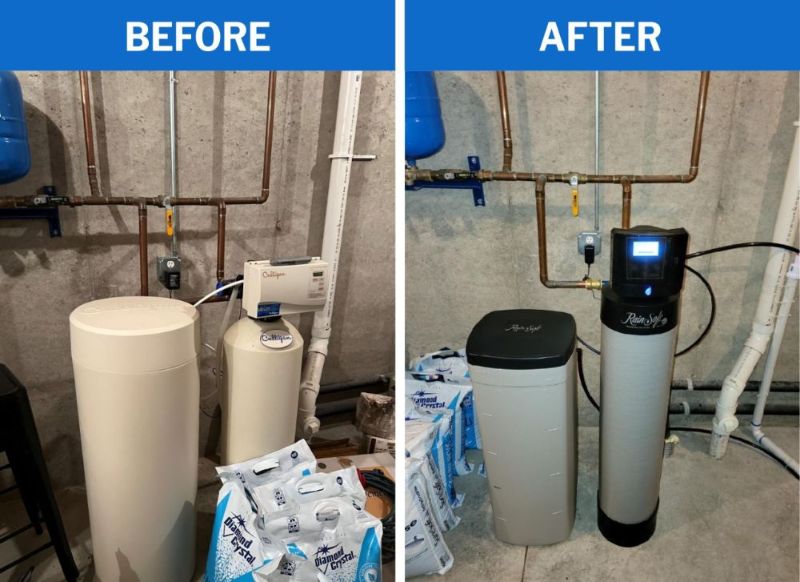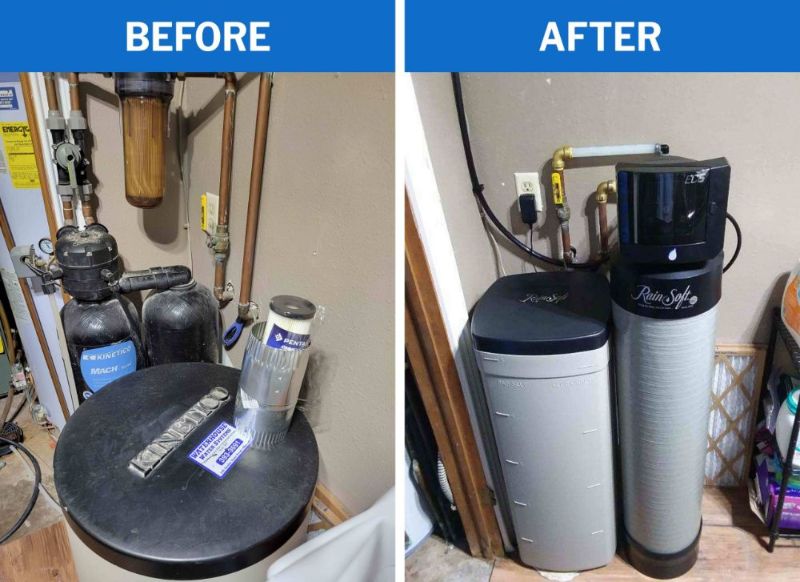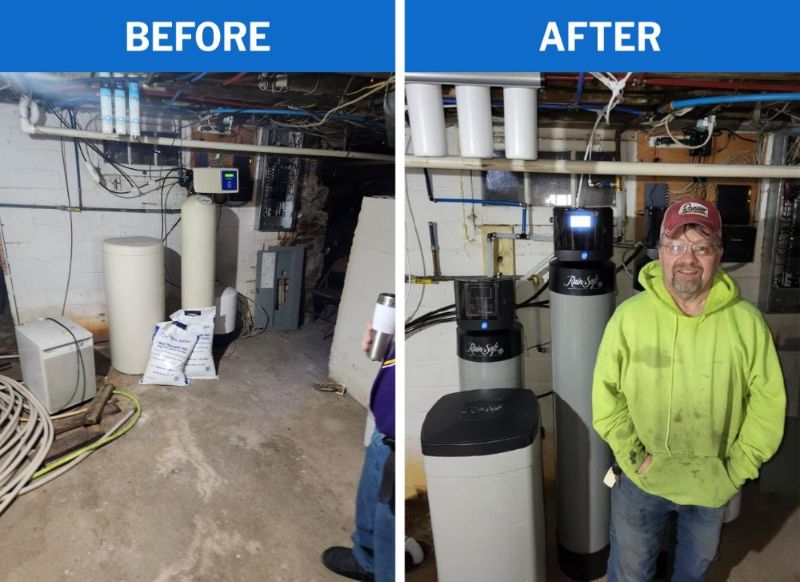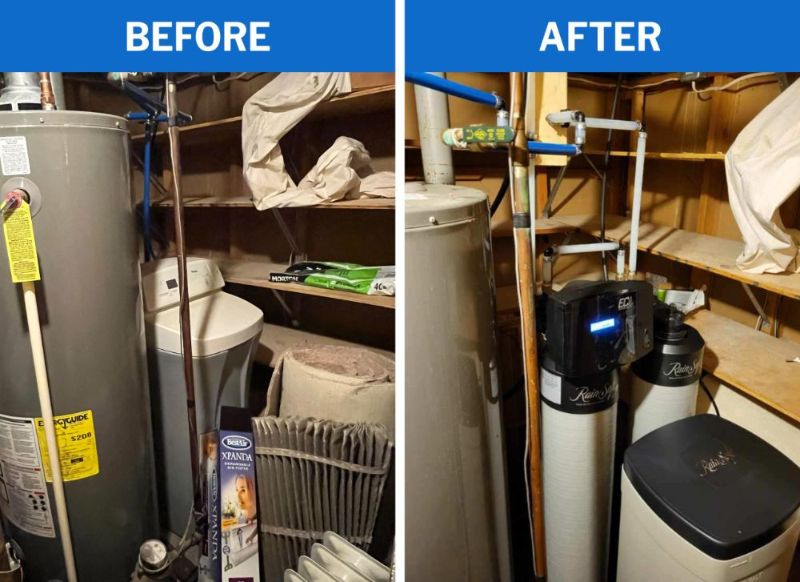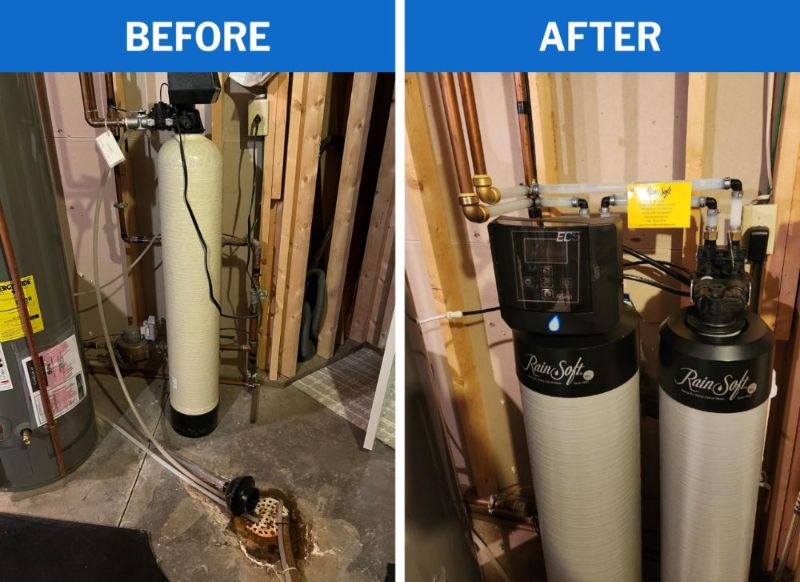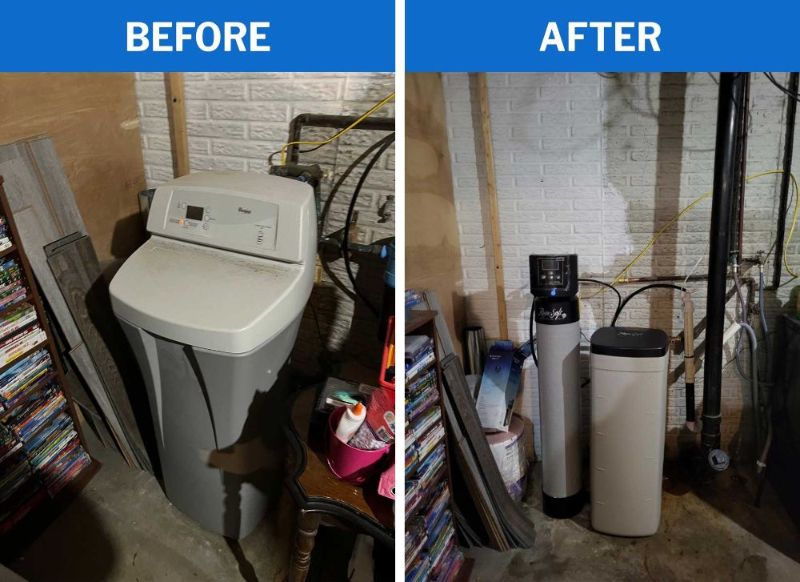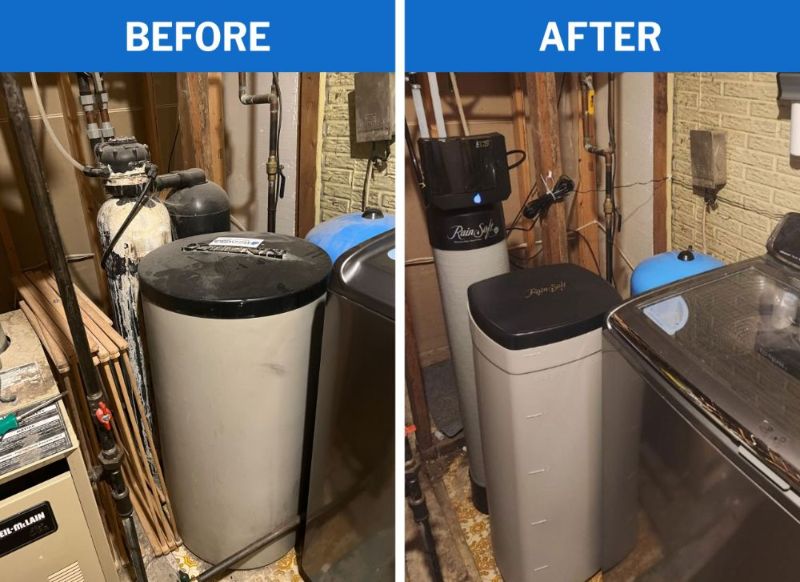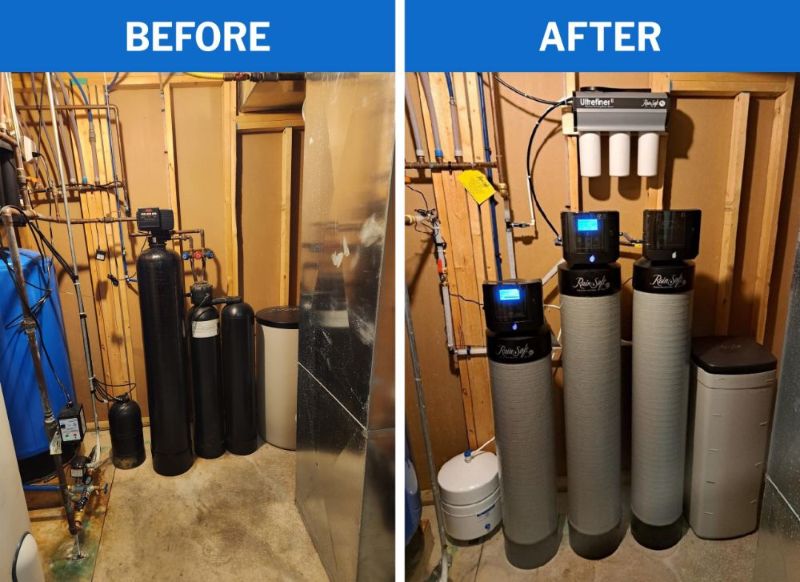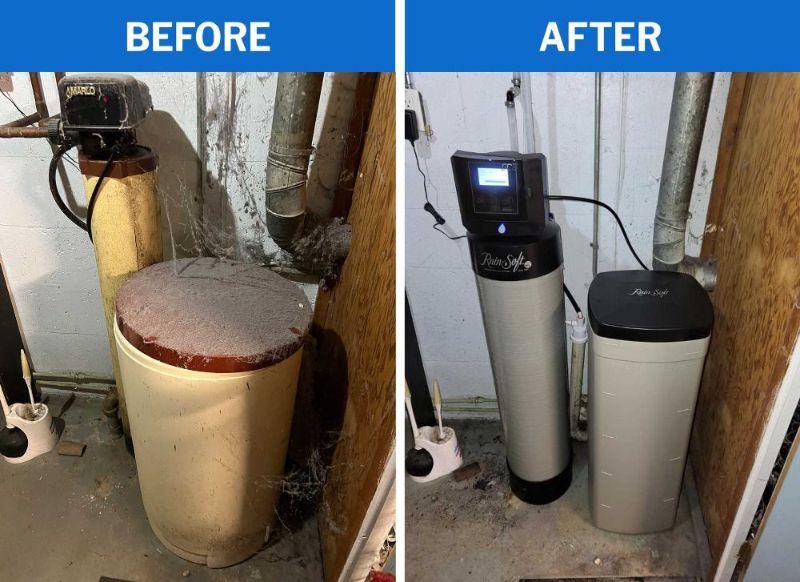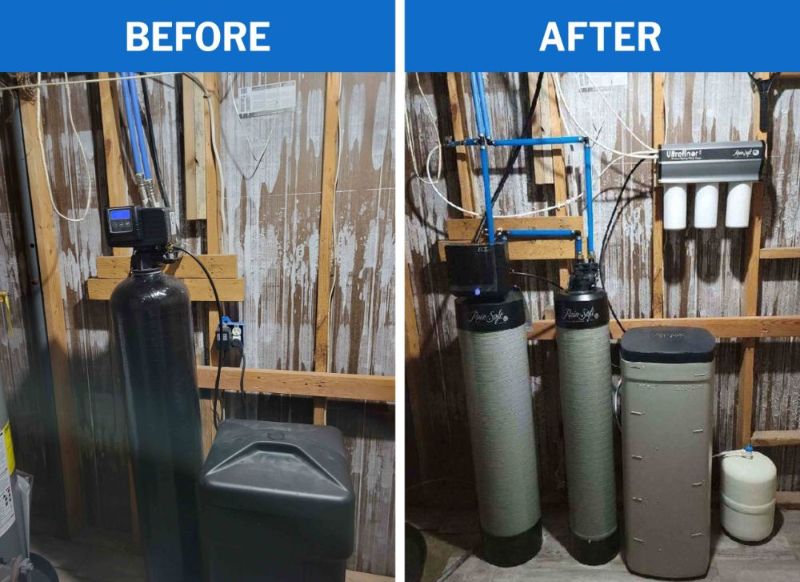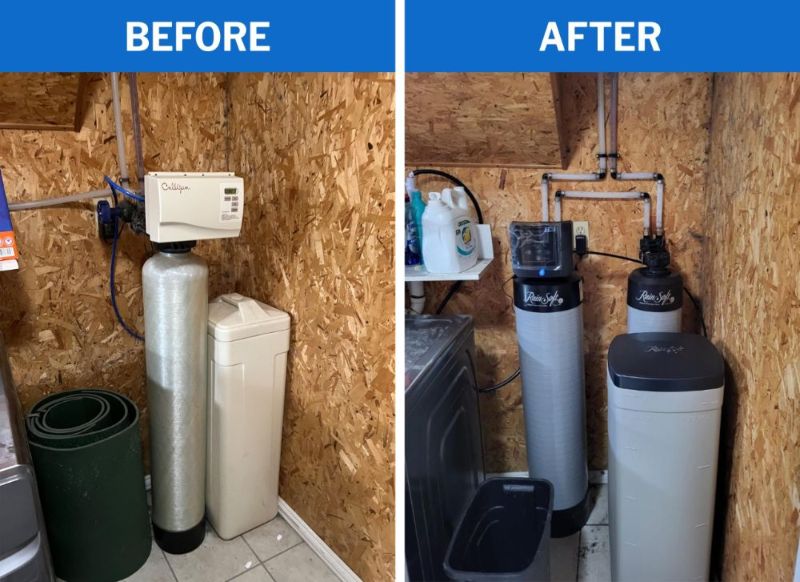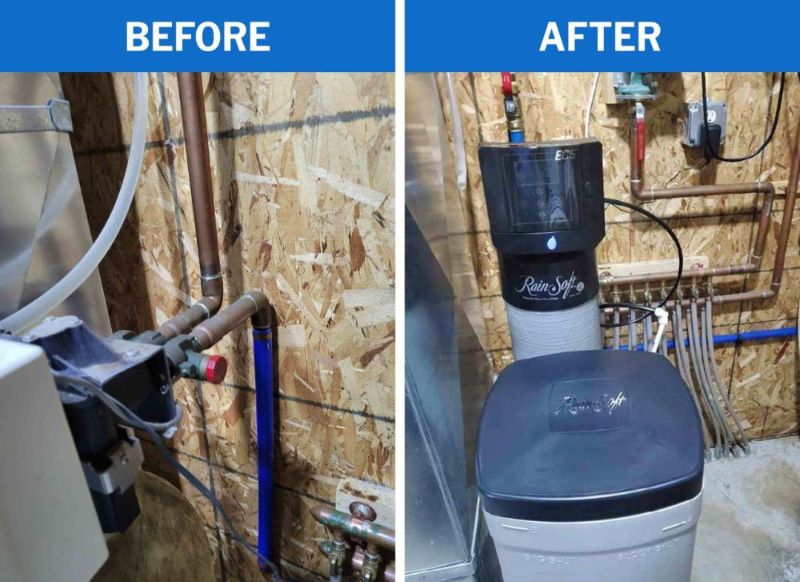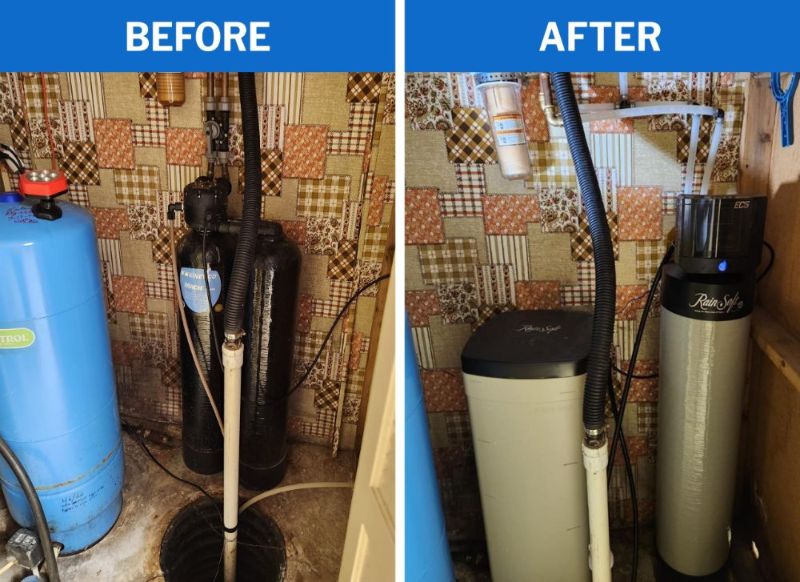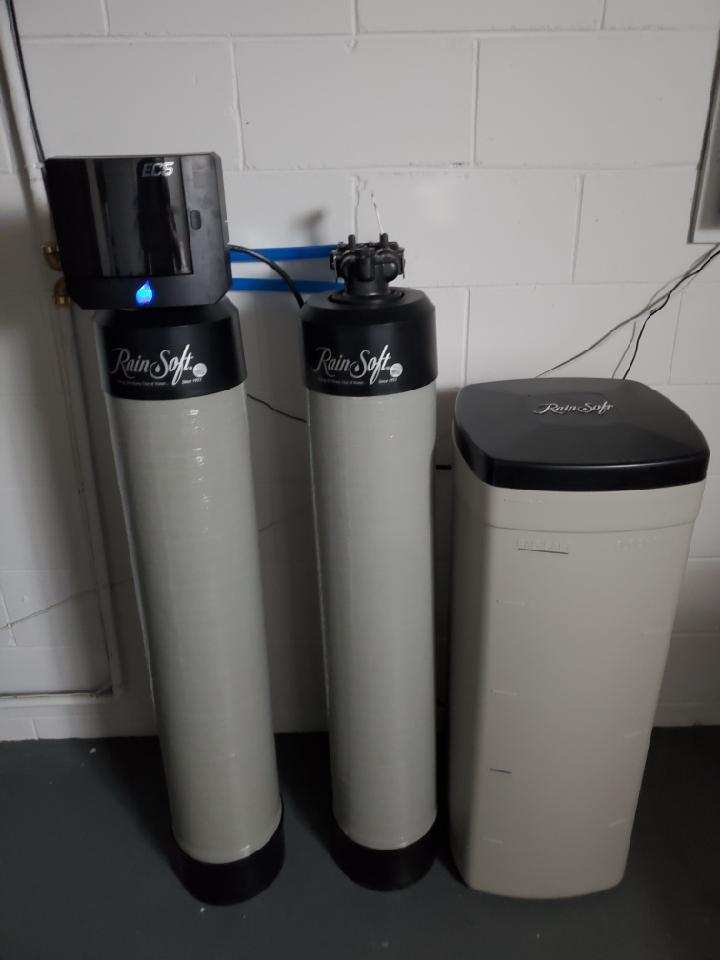Hard water, characterized by a high concentration of minerals like calcium and magnesium, is a common issue for many homeowners. While these minerals are harmless health-wise, their effect on your plumbing system can lead to a series of problems that not only cause inconvenience but also necessitate costly repairs down the line. Understanding how hard water interacts with your plumbing can help you take the necessary steps to mitigate these issues and maintain the efficiency and longevity of your home’s water system.
Common Signs of Hard Water in Your Home
Homeowners can usually tell if they have hard water by looking for several telltale signs. These include soap scum residue on shower doors and fixtures, decreased water flow from faucets, and appliances working harder and using more detergent to achieve the same level of cleanliness. Minerals from hard water can build up inside pipes, reducing the interior diameter and causing clogs and decreased water flow. This buildup doesn’t just affect your water pressure; it can significantly impact your home’s plumbing efficiency and appliance lifespan.
Technical Effects on Plumbing Infrastructure
The cumulative effect of mineral deposits from hard water can lead to severe plumbing issues. These deposits, known as scale, can restrict water flow through pipes and increase pressure, potentially leading to leaks or burst pipes. Moreover, the magnesium and calcium in hard water can react with the metal in pipes and fixtures, accelerating corrosion and reducing the lifespan of your plumbing system. Recognizing and addressing hard water problems can save homeowners significant repair costs and headaches in the future.
Solutions and Treatments for Hard Water Problems
Fortunately, hard water issues can be managed with several effective solutions. Water softeners, for instance, are particularly efficient at removing the minerals responsible for hard water through an ion exchange process. This not only prevents scale buildup in pipes and appliances but also improves soap efficiency and skin health. Other methods, such as reverse osmosis, descaling agents, or magnetic water treatment systems, offer alternative solutions for addressing hard water, each with varying levels of effectiveness and maintenance requirements.
Cost Implications and Long-Term Benefits
The initial investment in water treatment solutions like water softeners can lead to significant savings over time. By preventing scale buildup and reducing wear and tear on plumbing and appliances, these systems can decrease the need for repairs and extend the lifespan of your home’s vital systems. Improved energy efficiency and reduced utility bills are additional benefits of addressing hard water issues, making investment in water treatment a financially savvy choice for homeowners.
Take Action Against Hard Water in Waterloo, IA
Recognizing the importance of protecting your plumbing from the detrimental effects of hard water is the first step towards ensuring its longevity and efficiency. For residents of Waterloo, IA, proactive measures like installing a water treatment system can safeguard against the potential damages caused by hard water. At RainSoft of NE Iowa, we specialize in providing solutions tailored to address the specific demands of hard water in your area.
Ready to Protect Your Plumbing?
If hard water is impacting your home’s plumbing and appliances, don’t wait for the problem to escalate. Contact RainSoft of NE Iowa to explore our range of water treatment options designed to alleviate hard water issues and enhance your home’s water quality. Our team of experts is here to provide you with the best solutions suited to your needs. Give us a call today at (319) 233-2038, or fill out our online form to learn more about how we can help. Our location in Waterloo, IA positions us perfectly to address the unique water conditions affecting your home.
